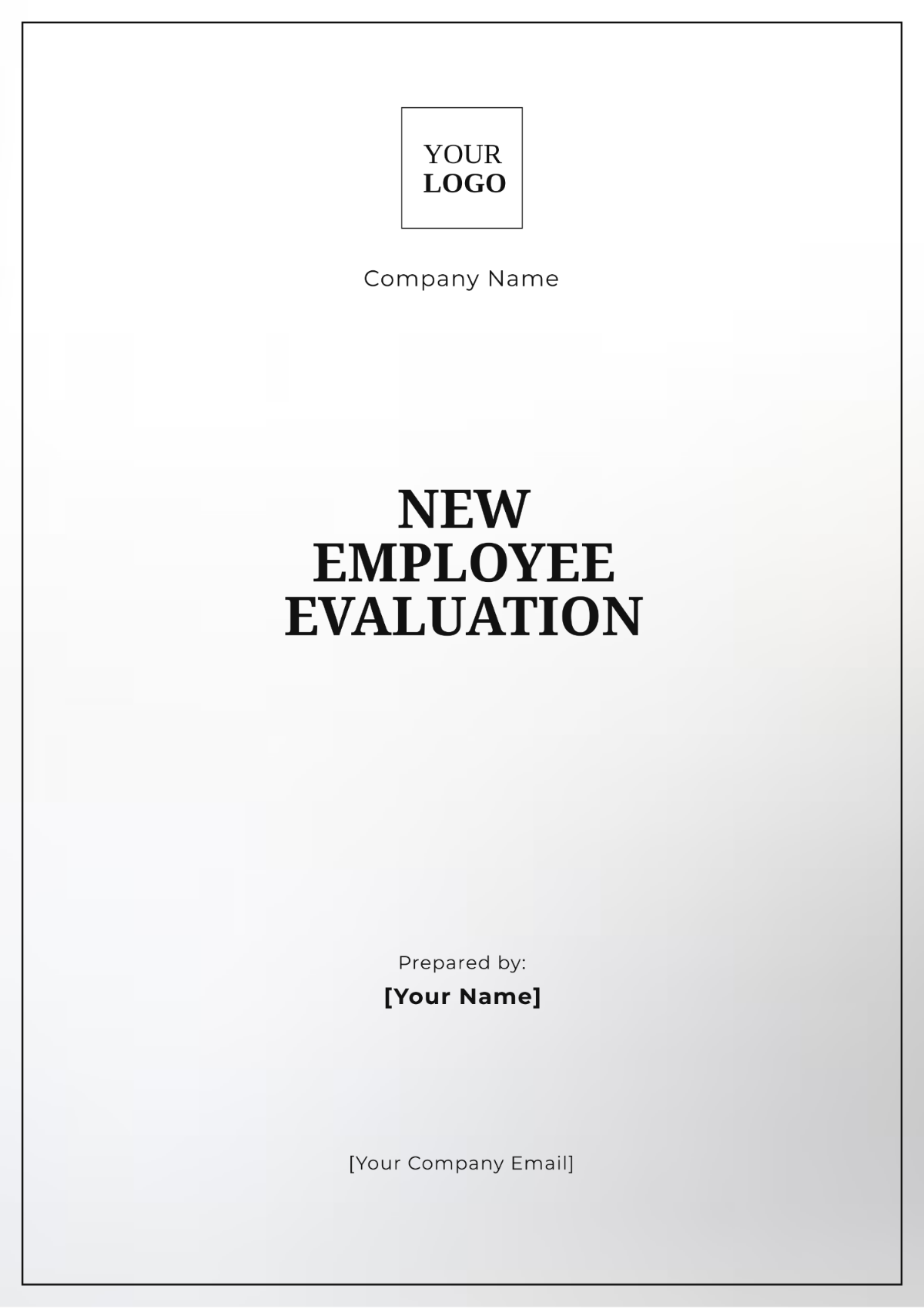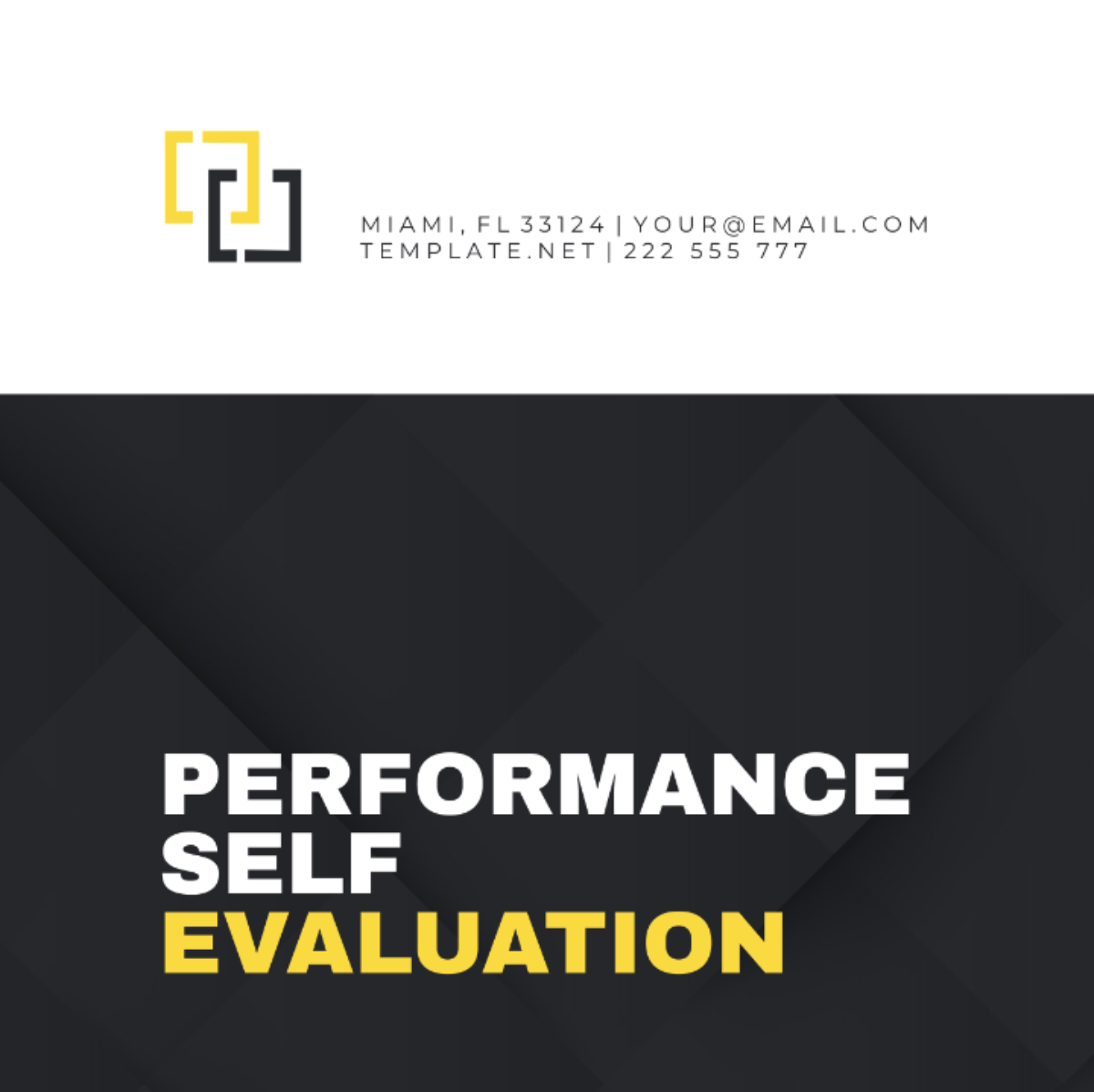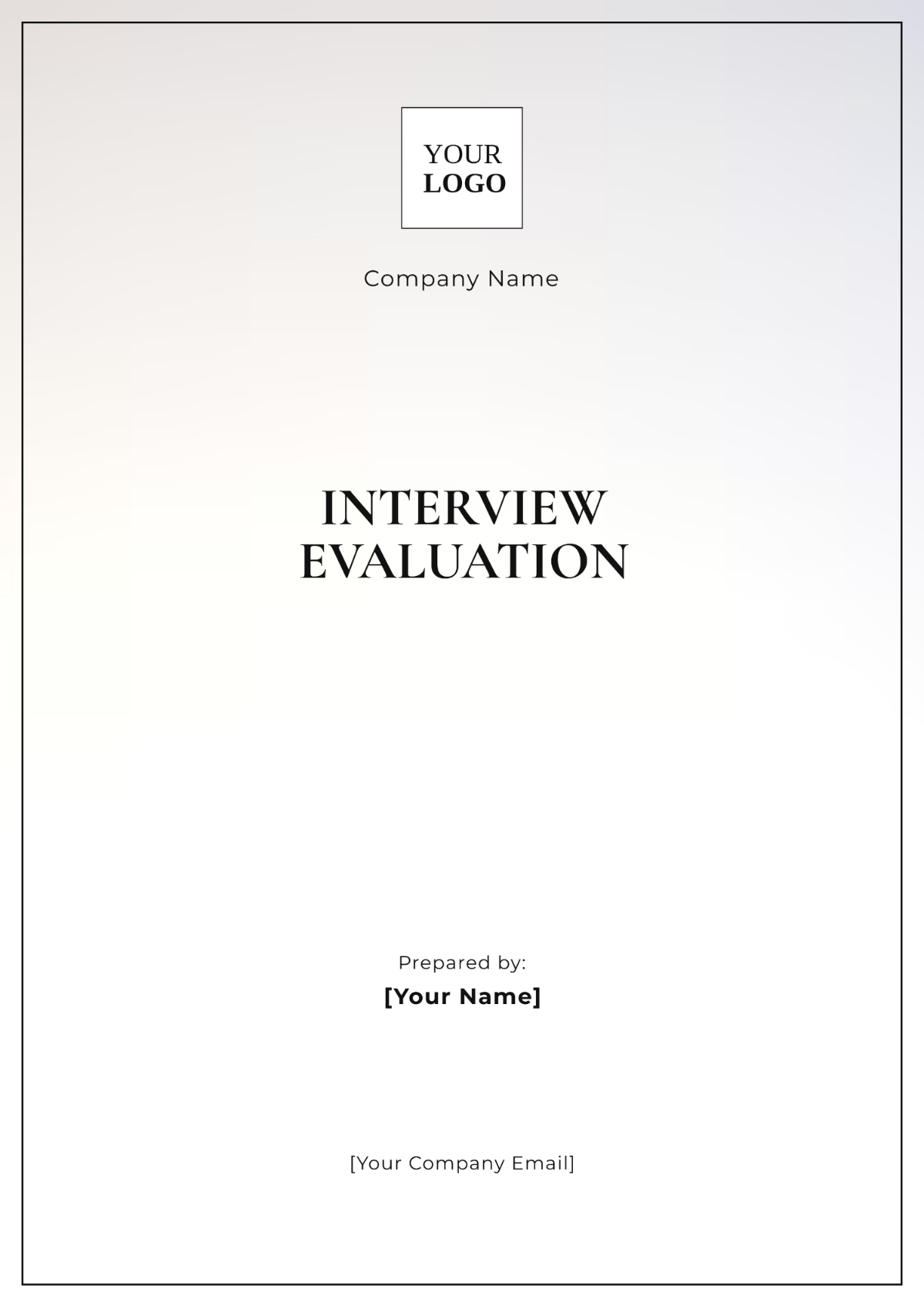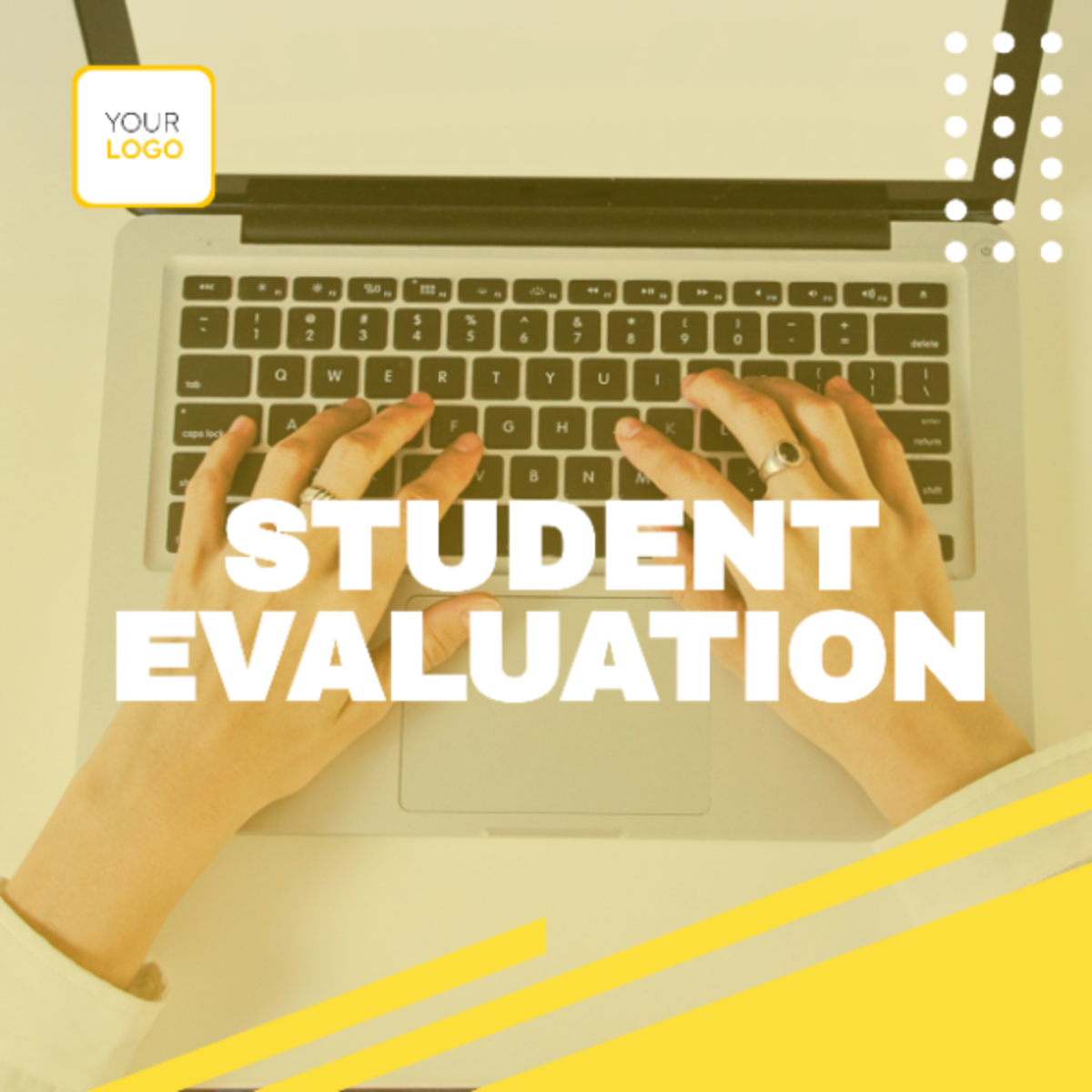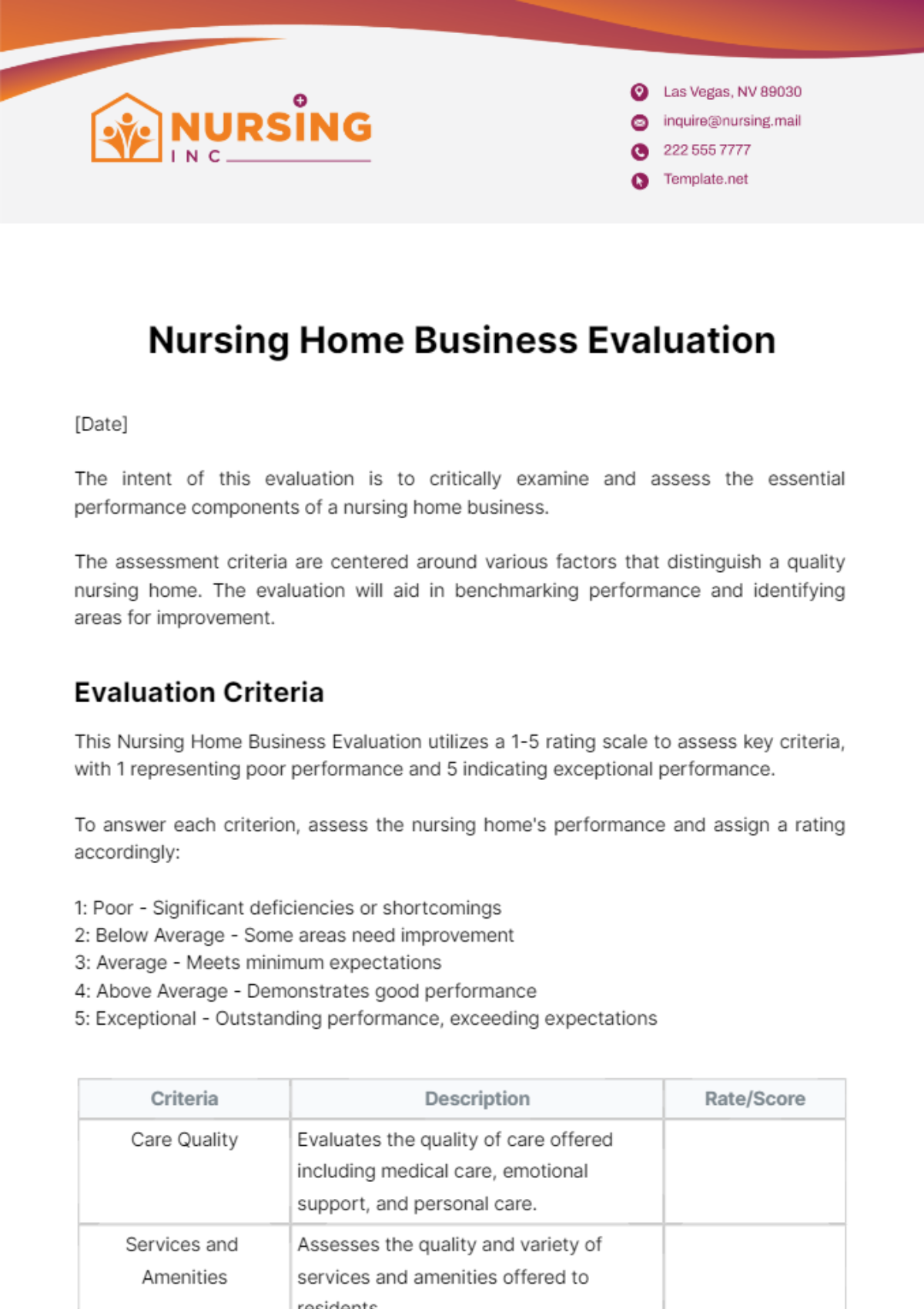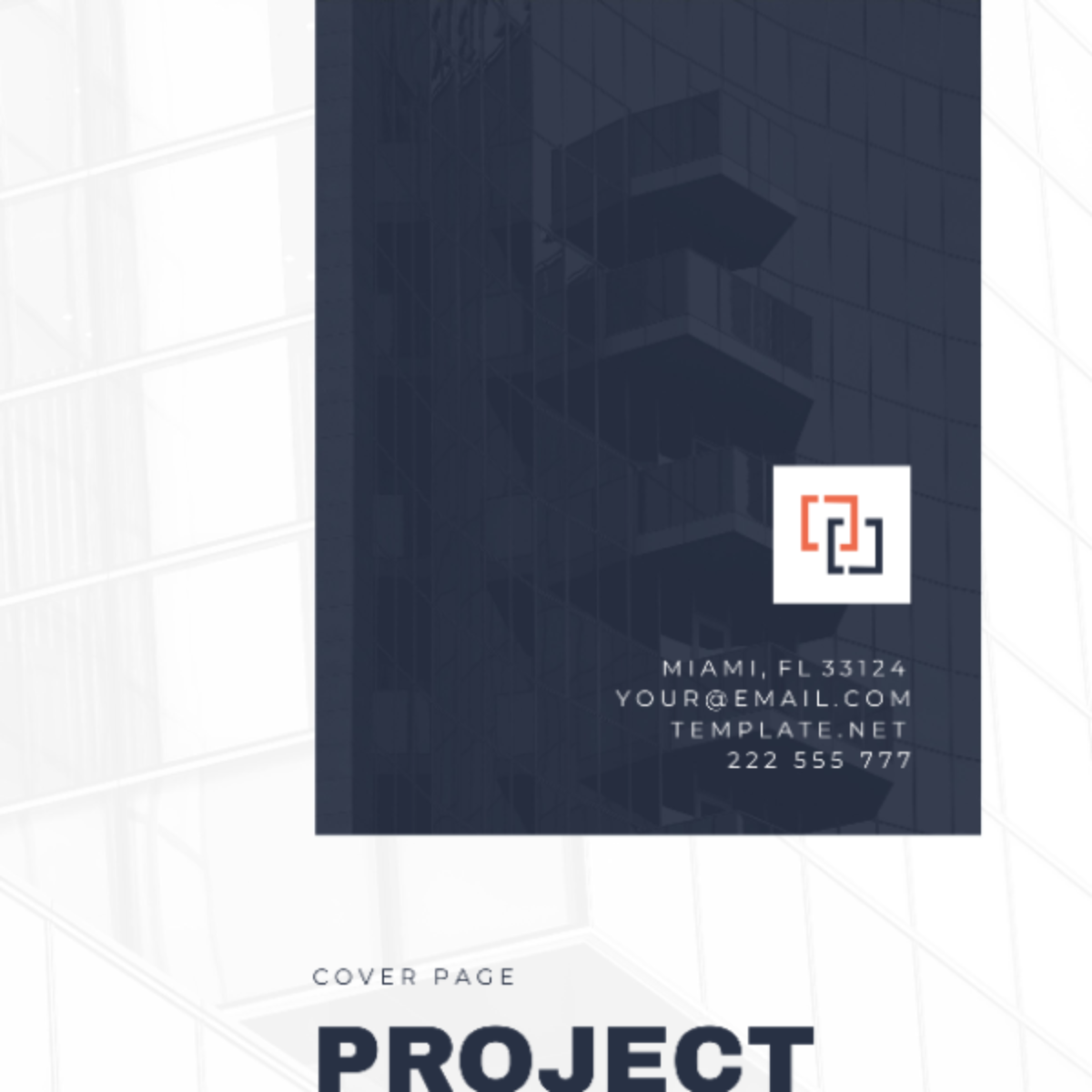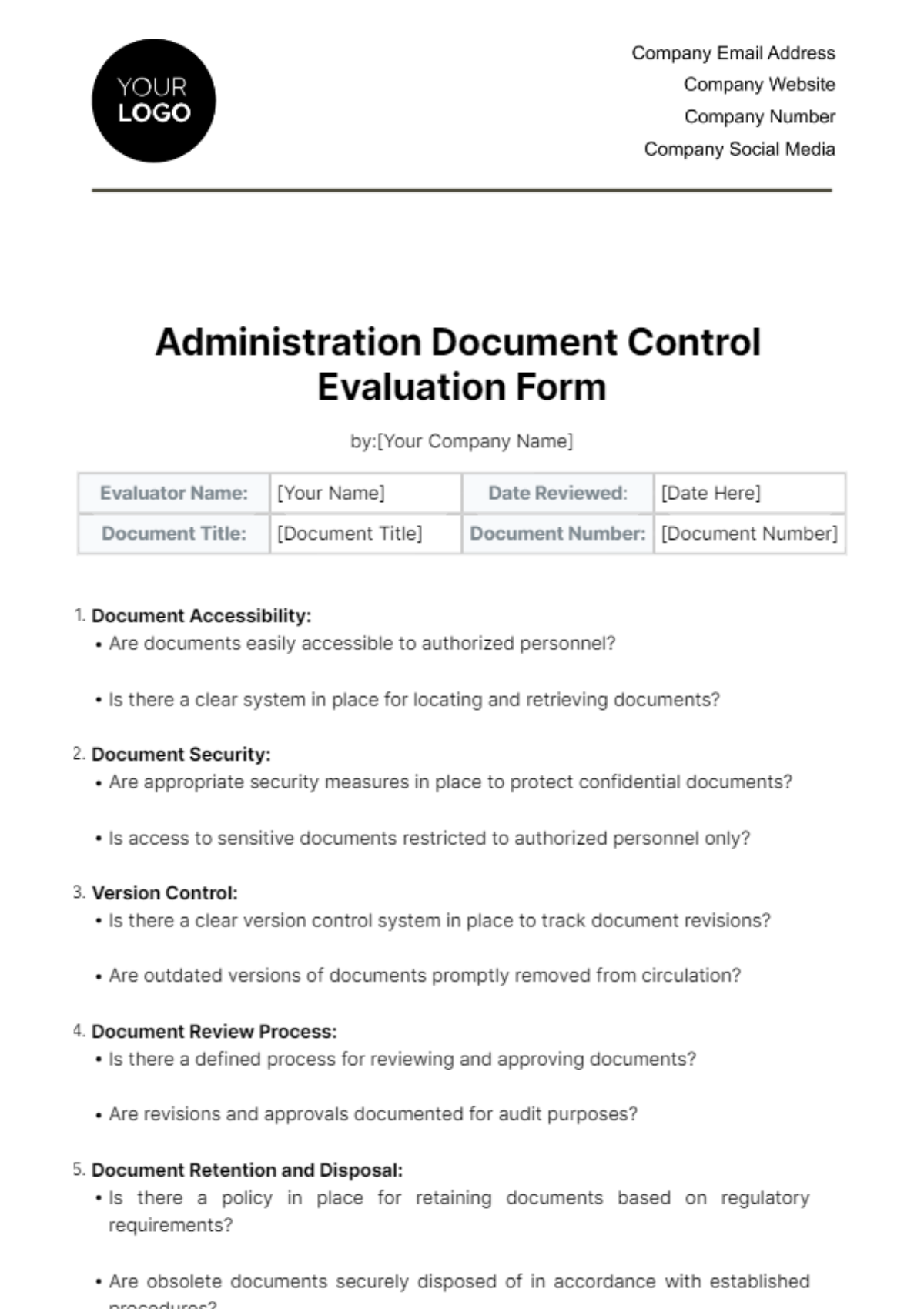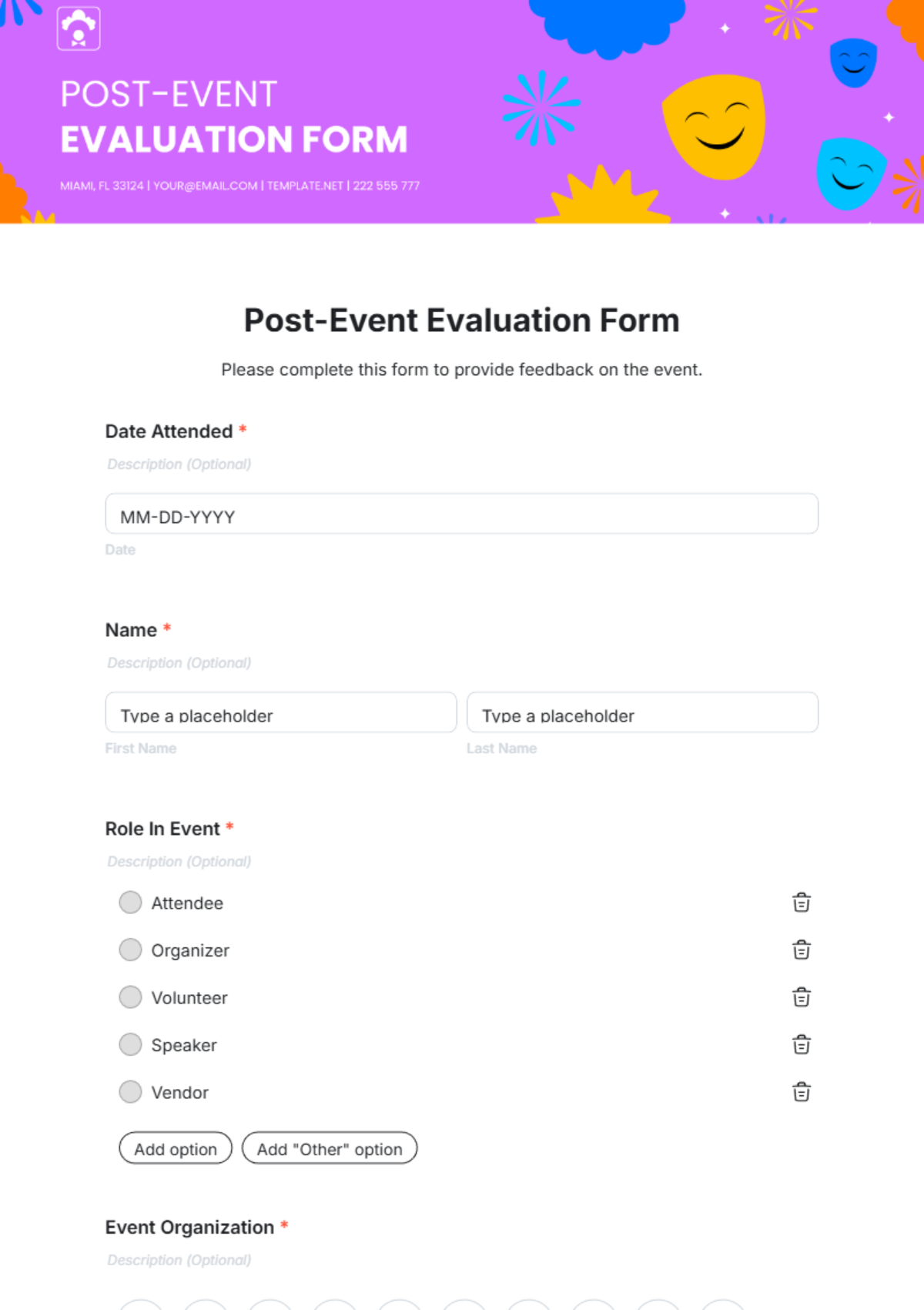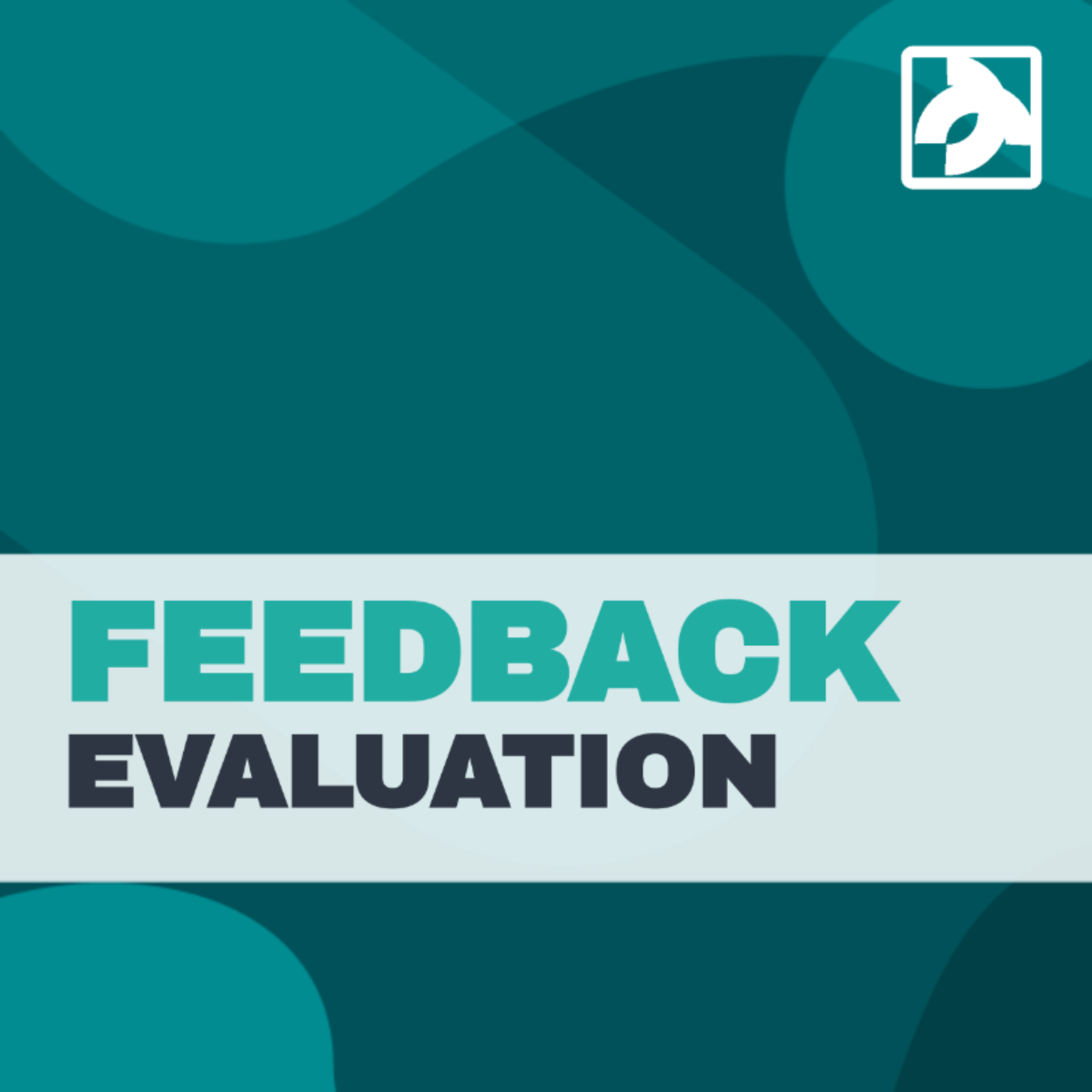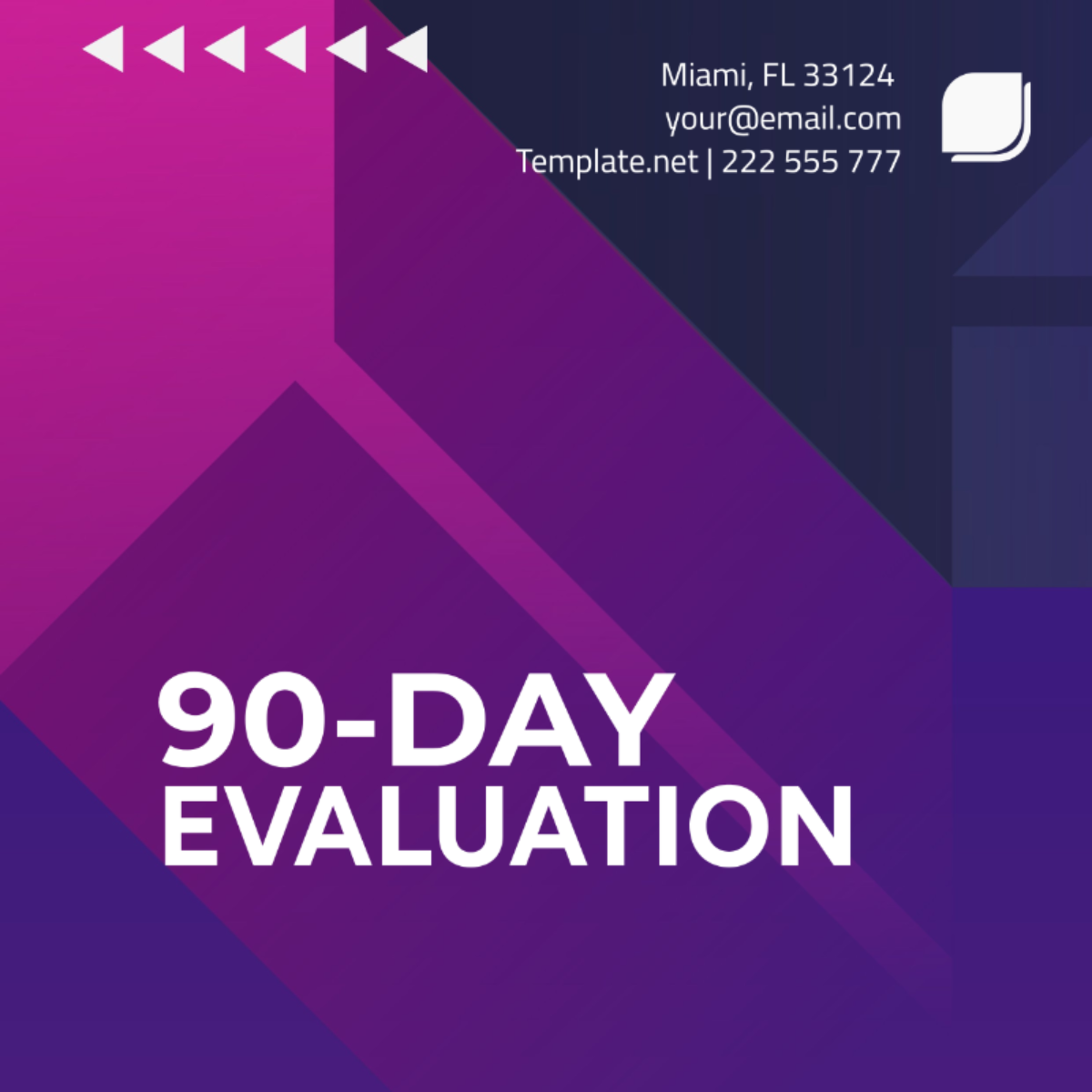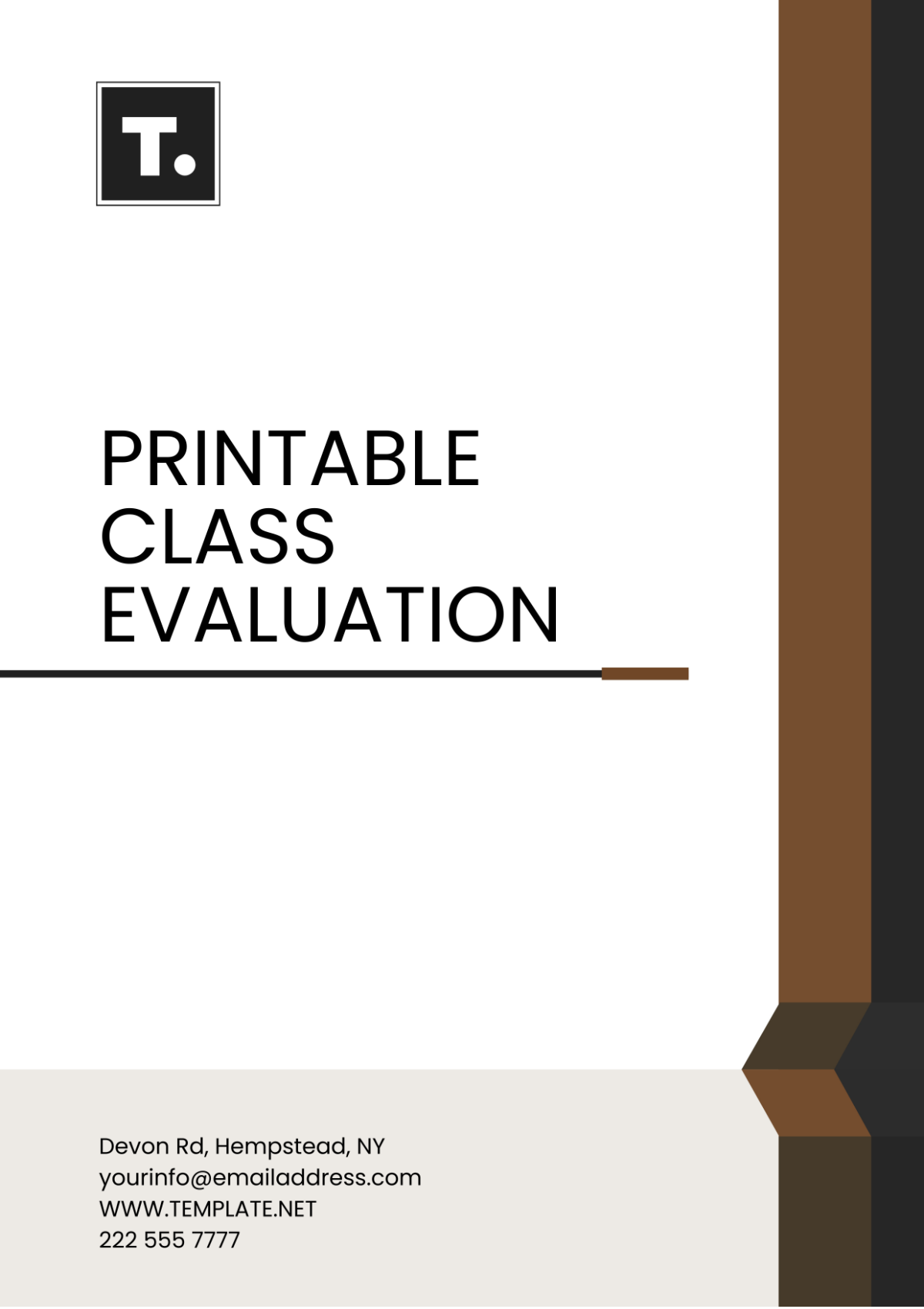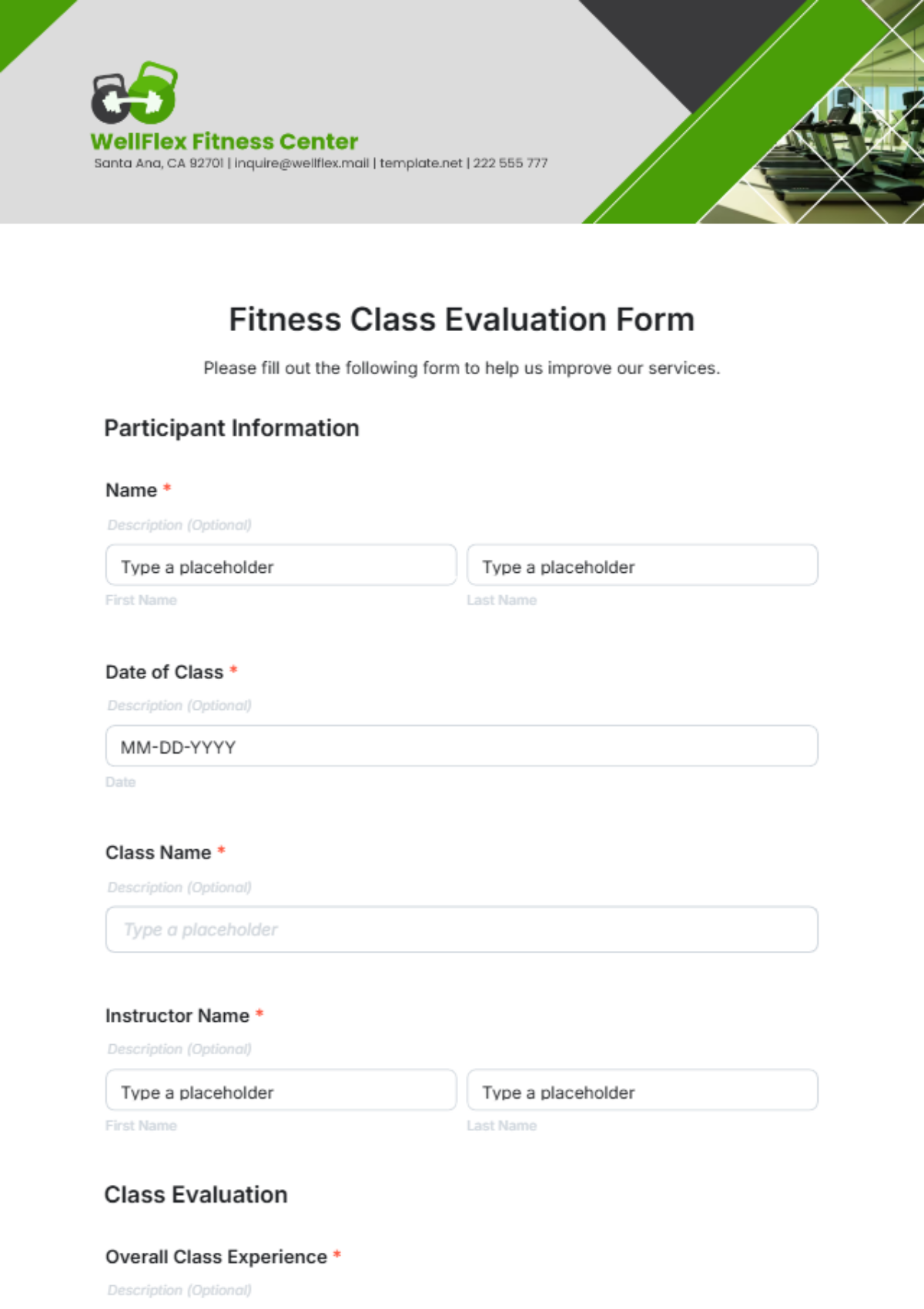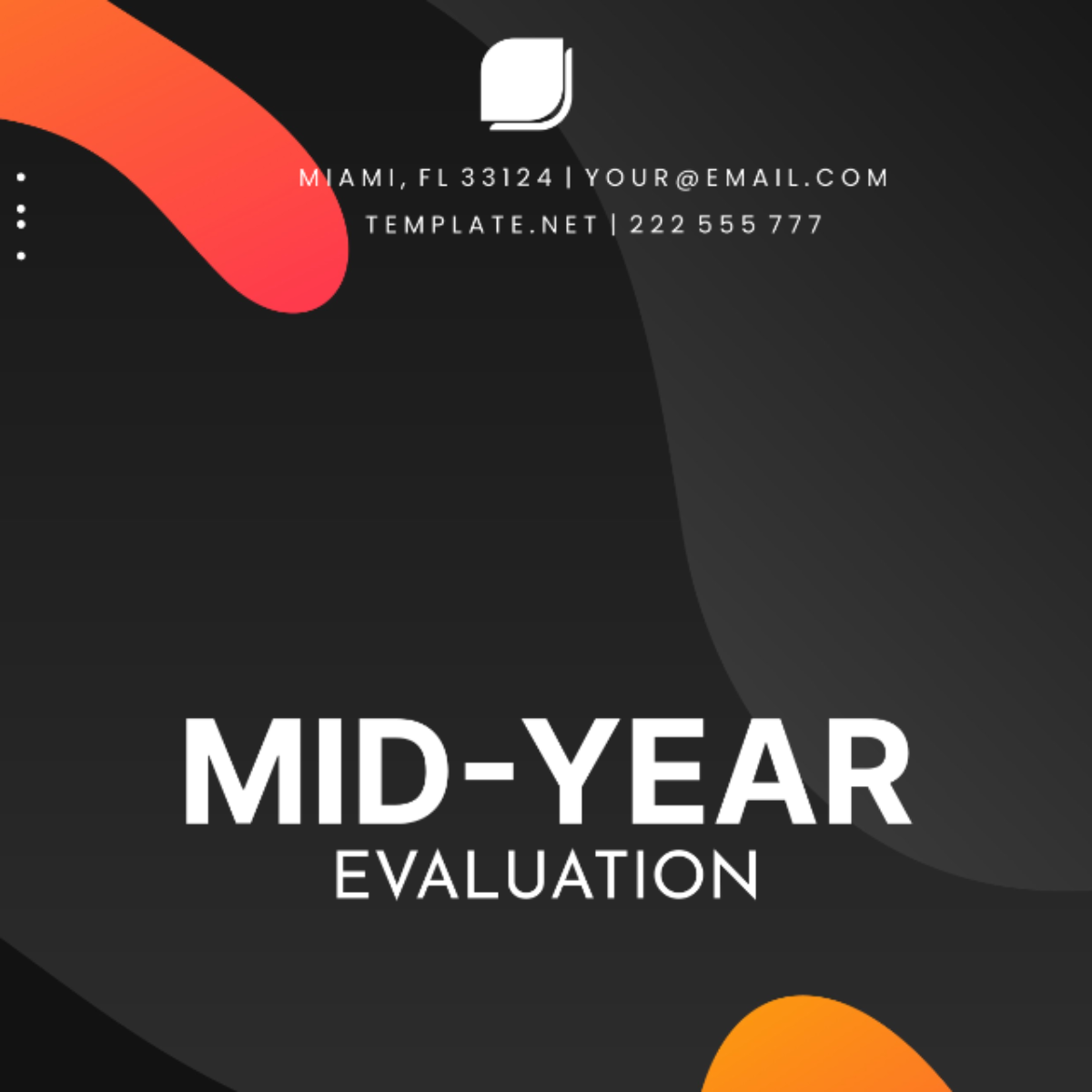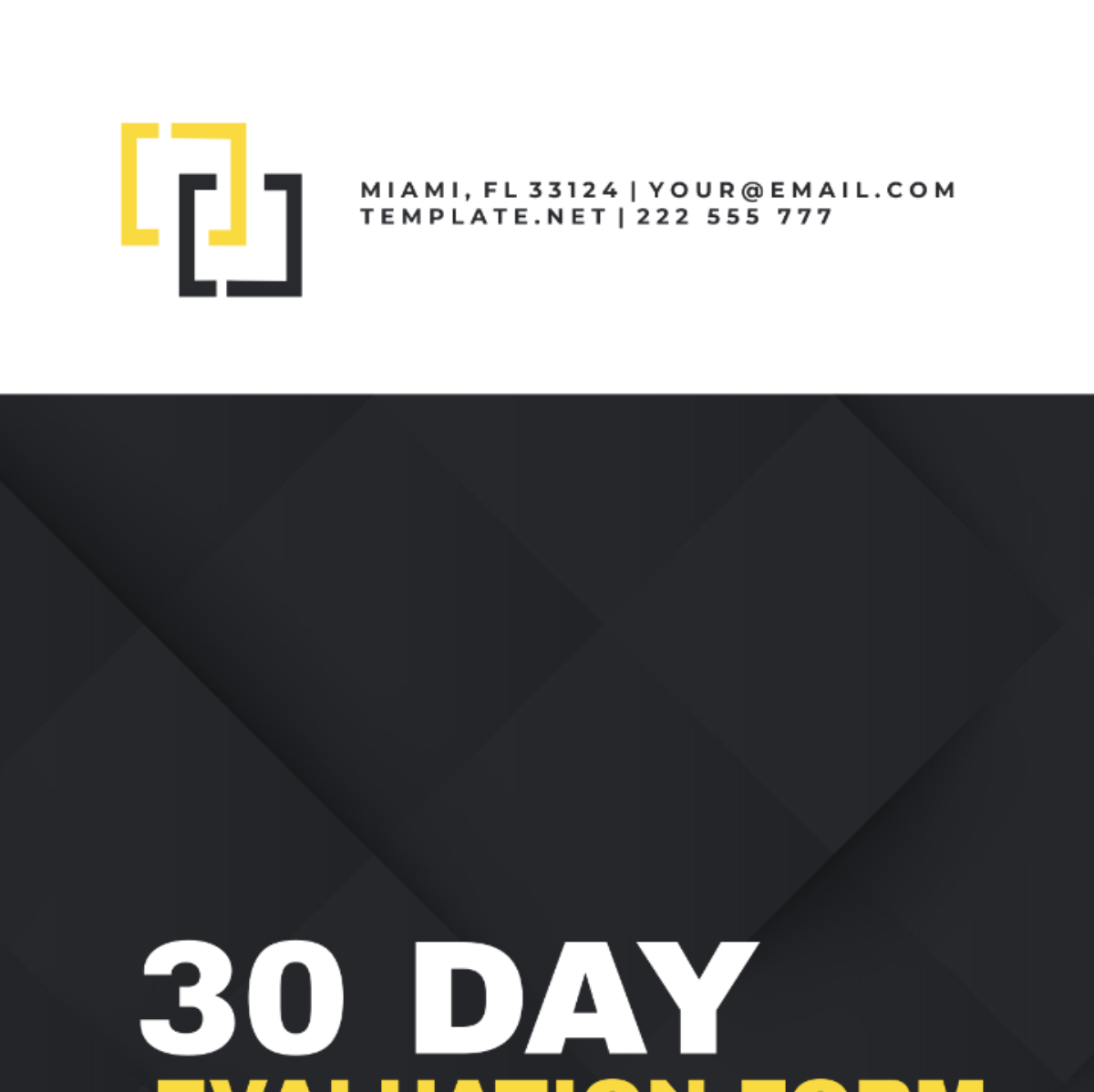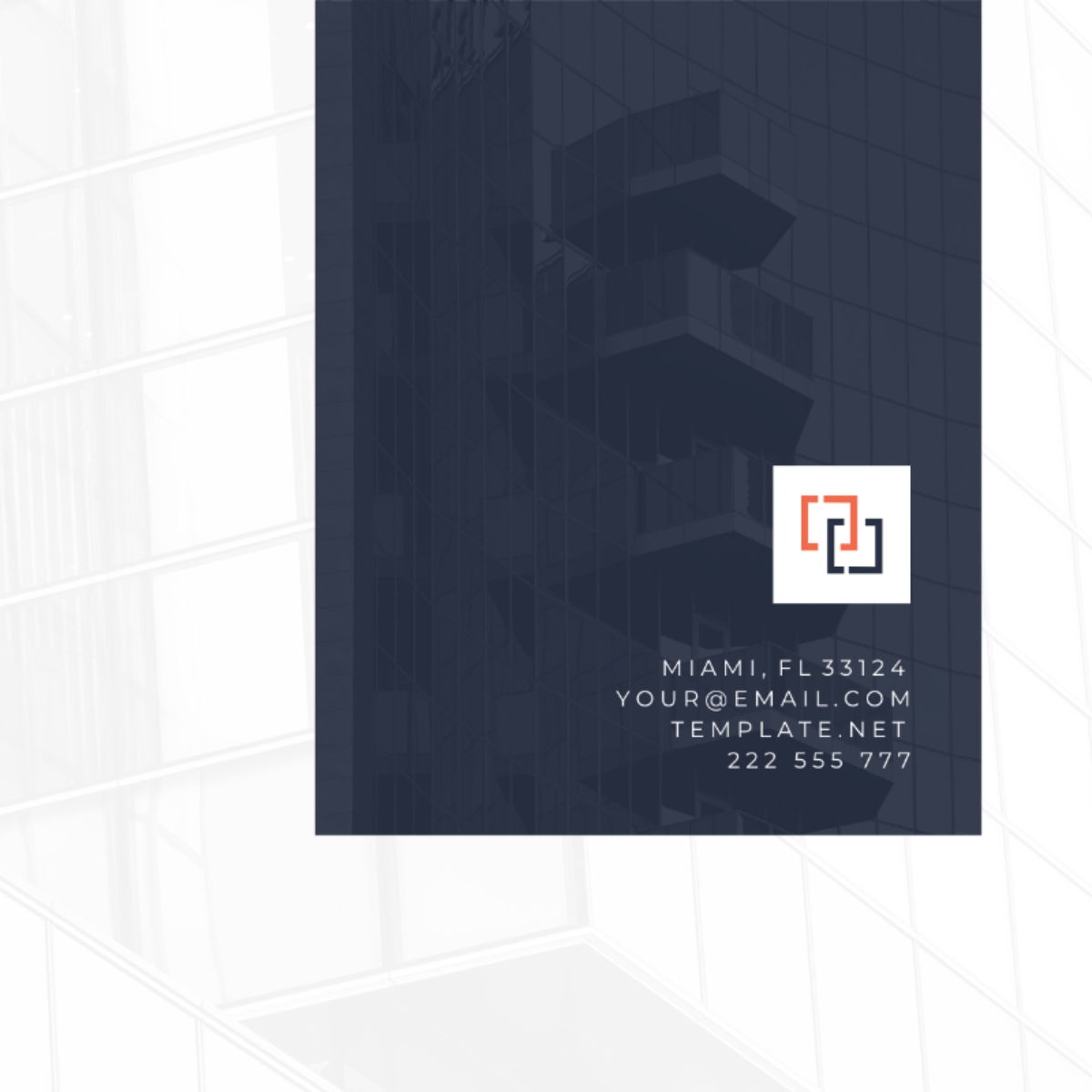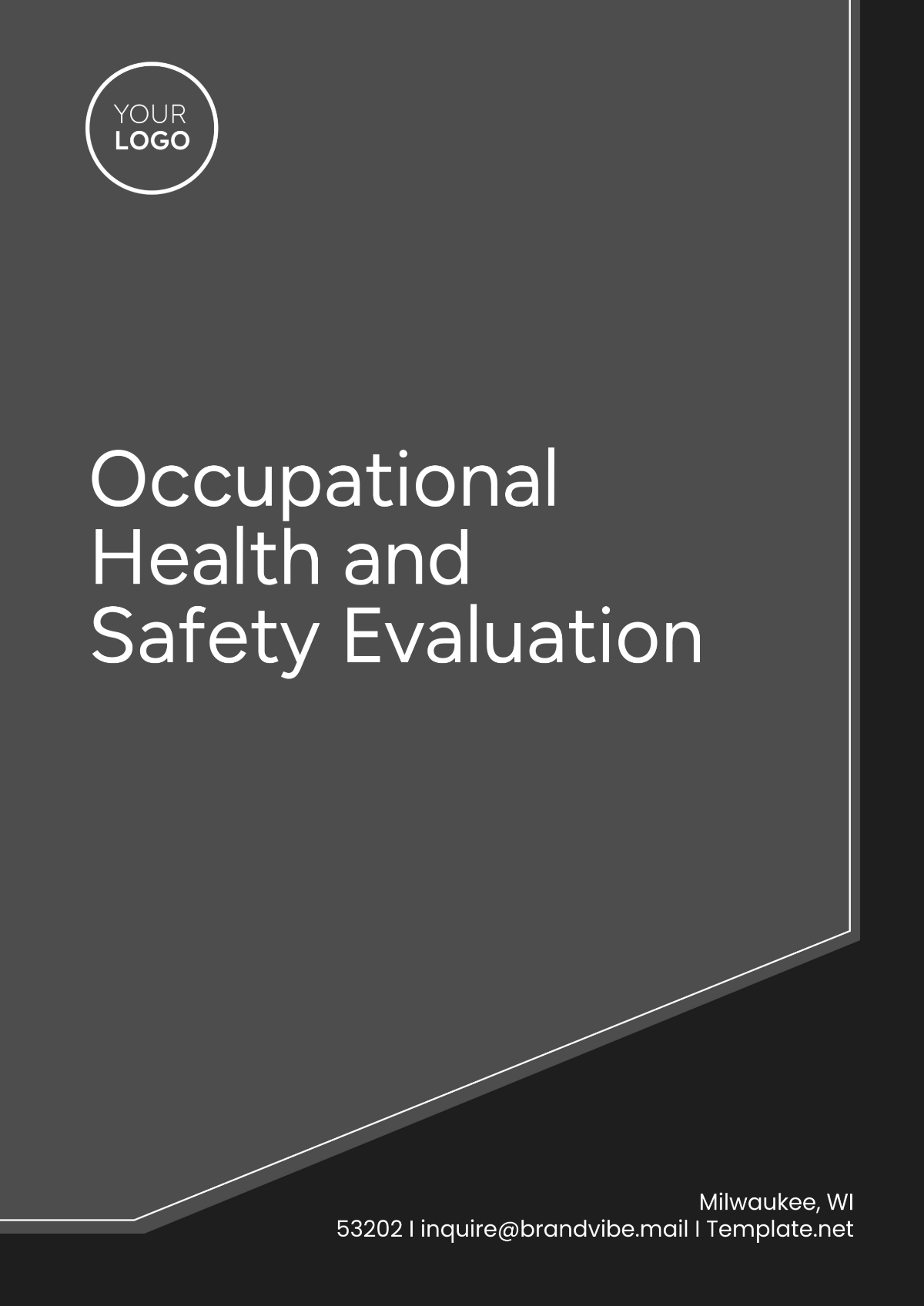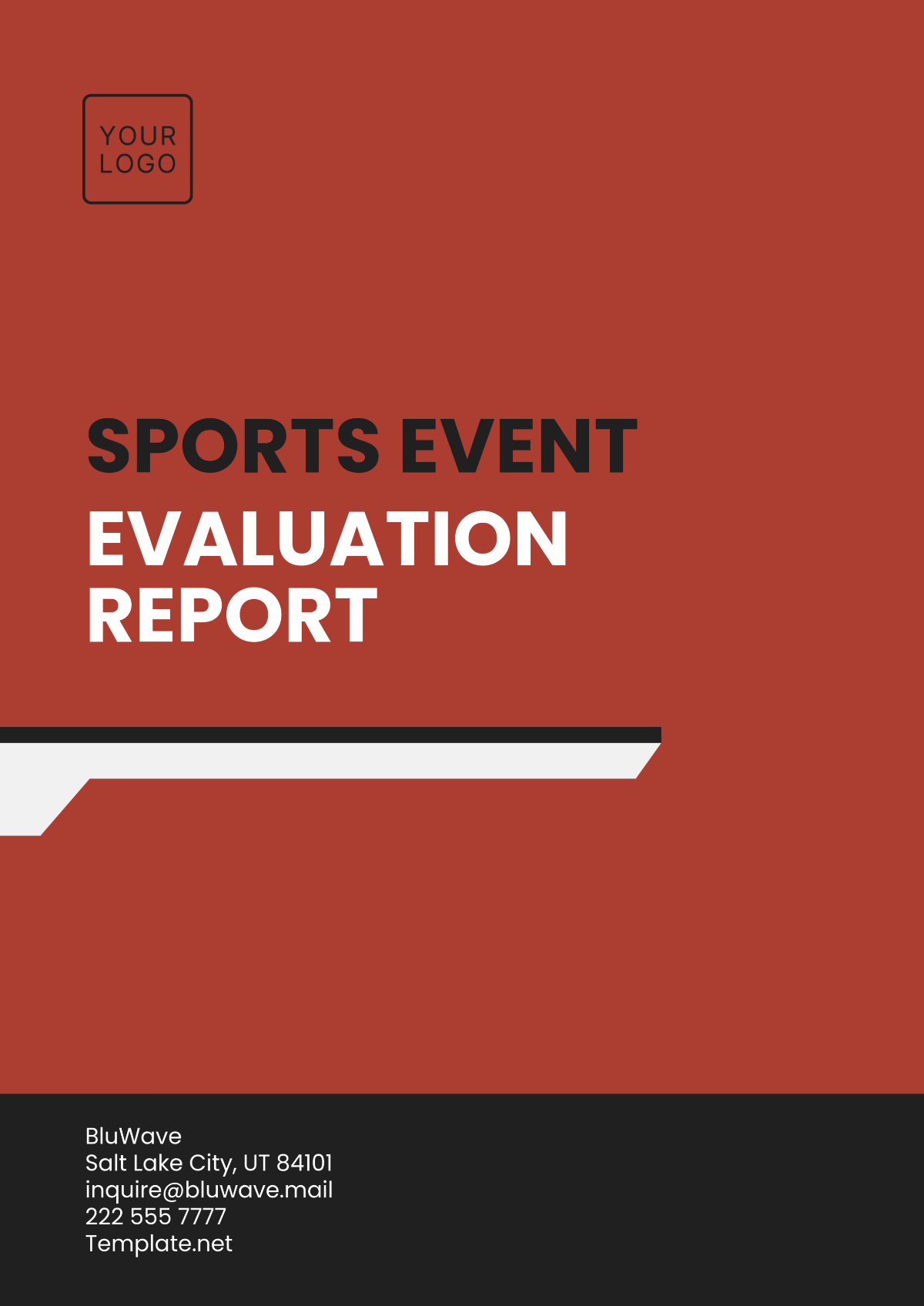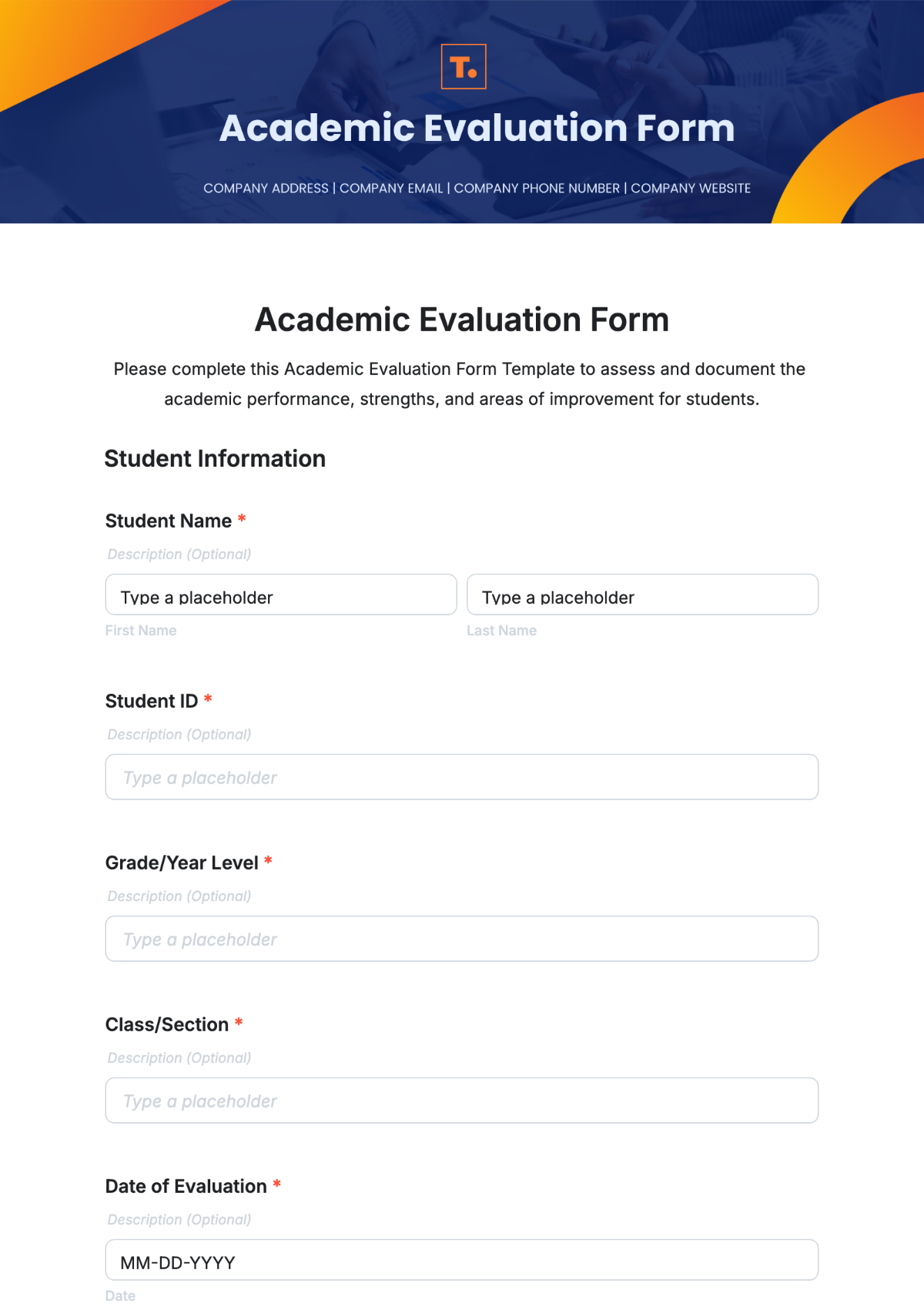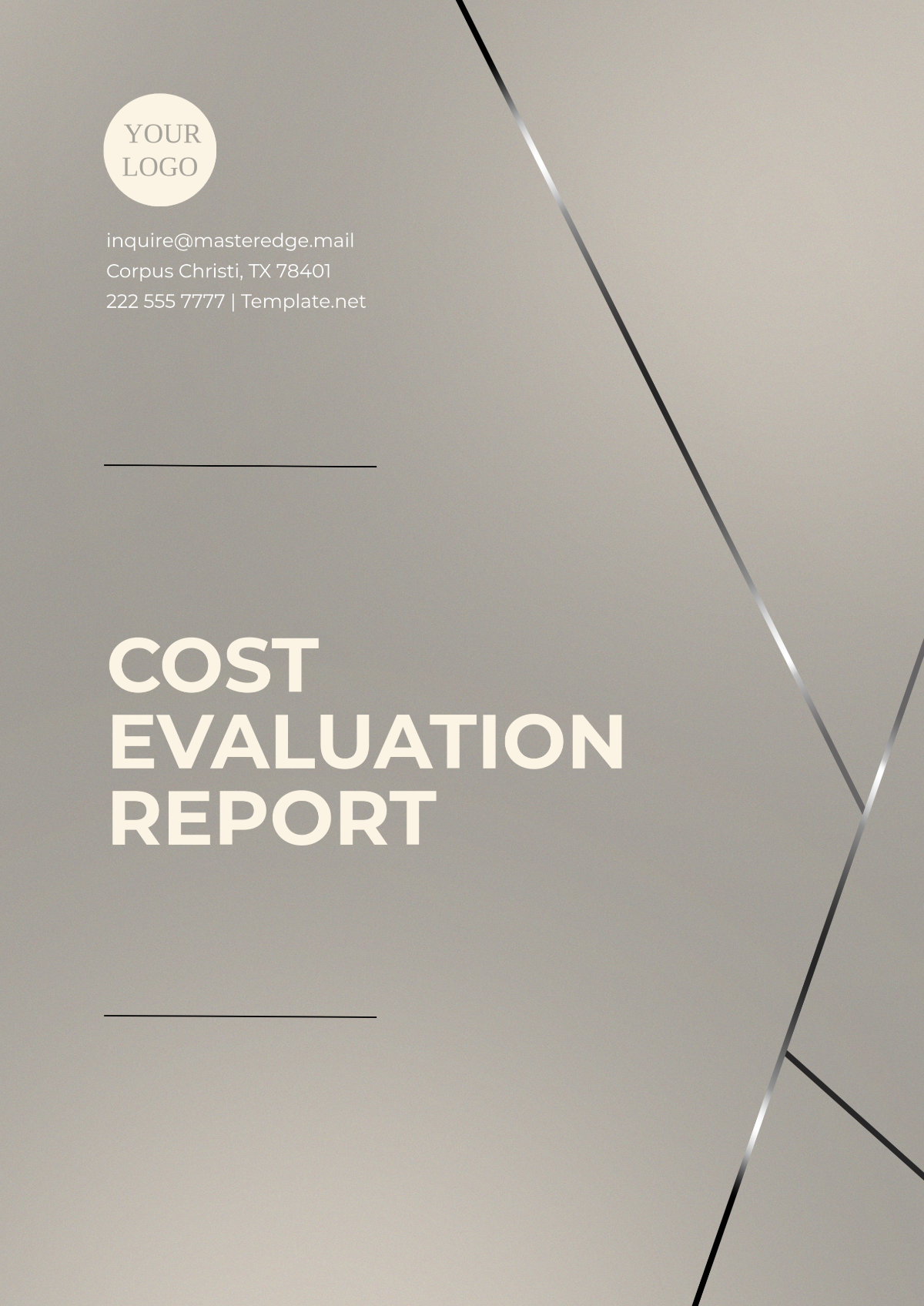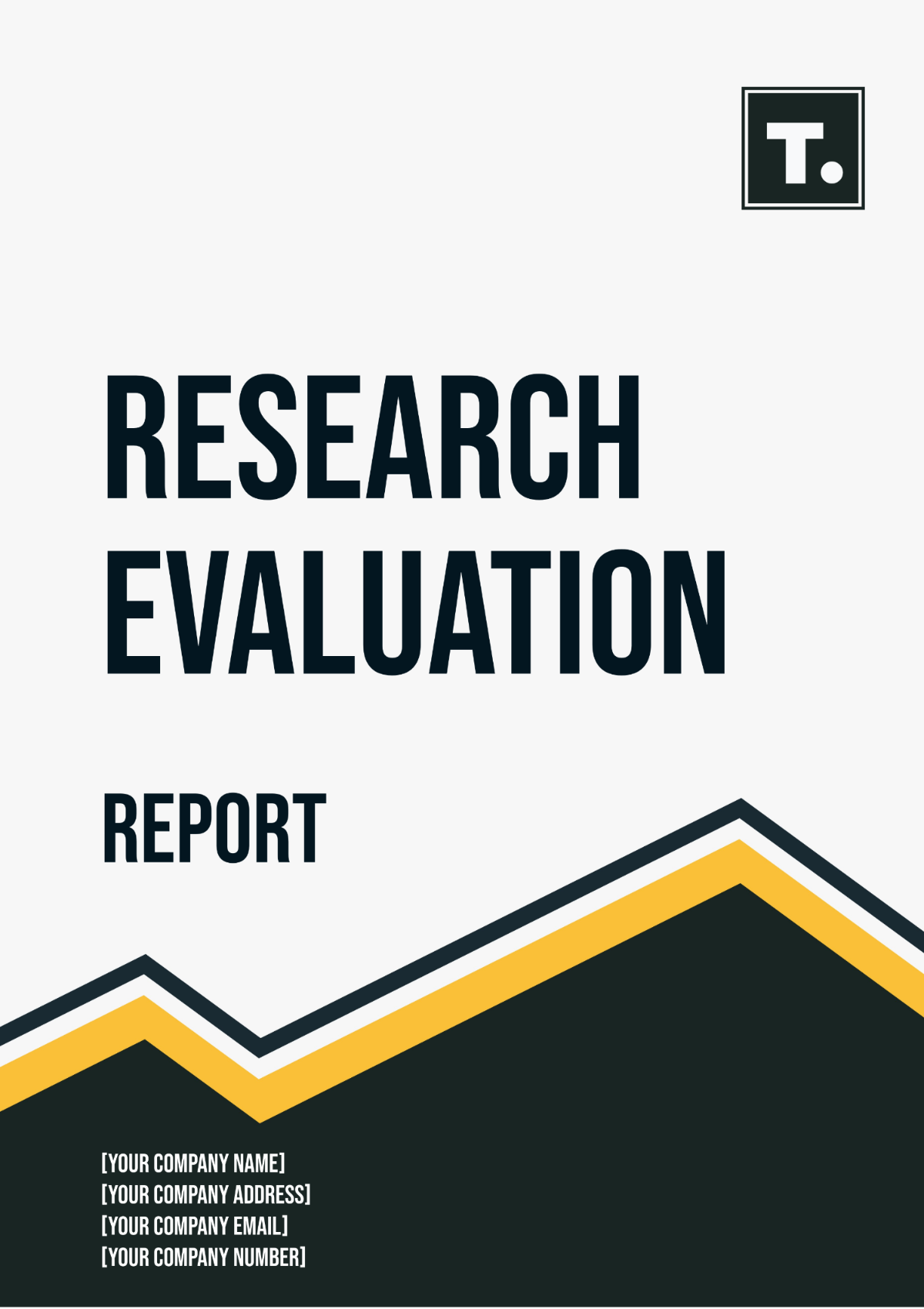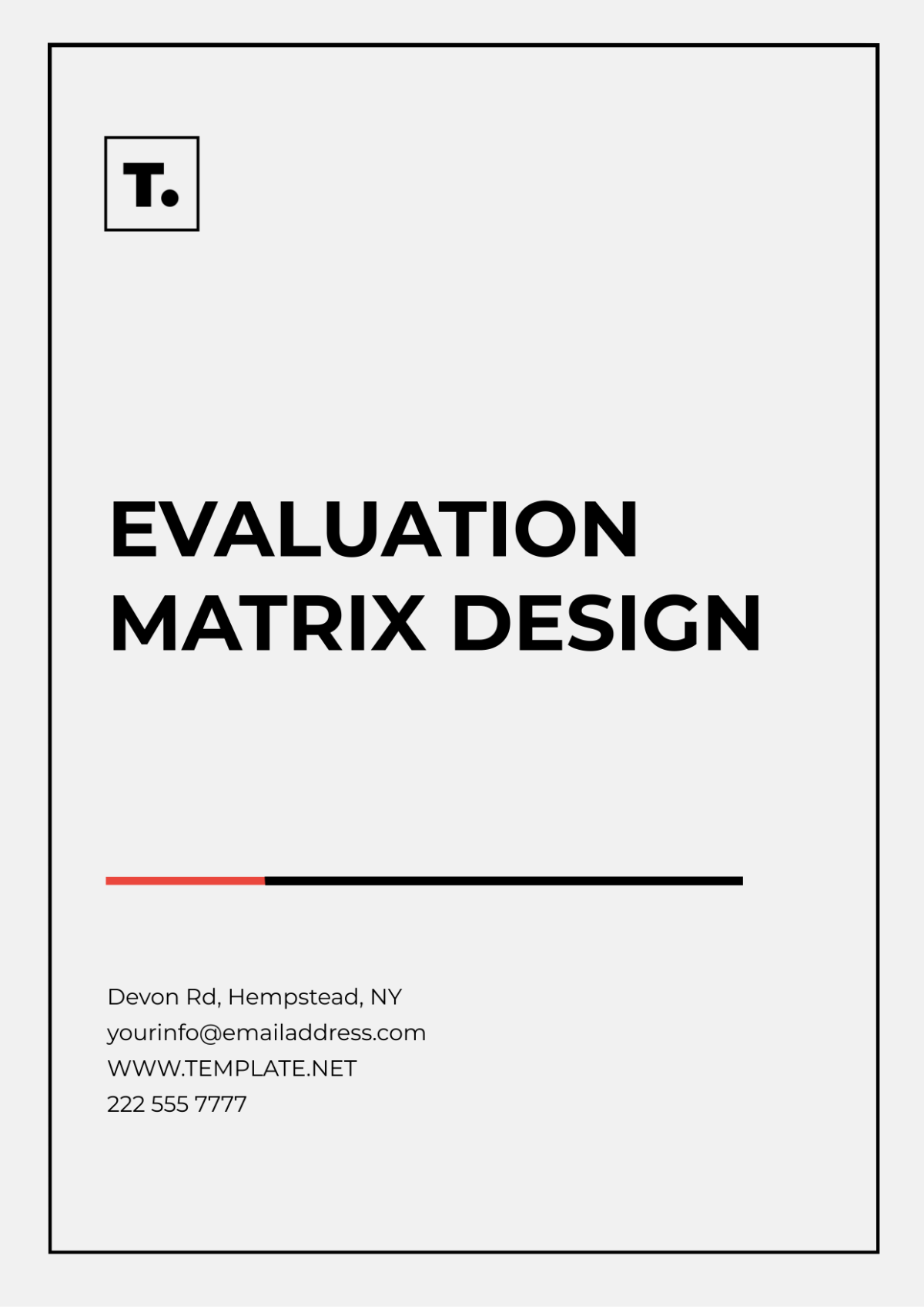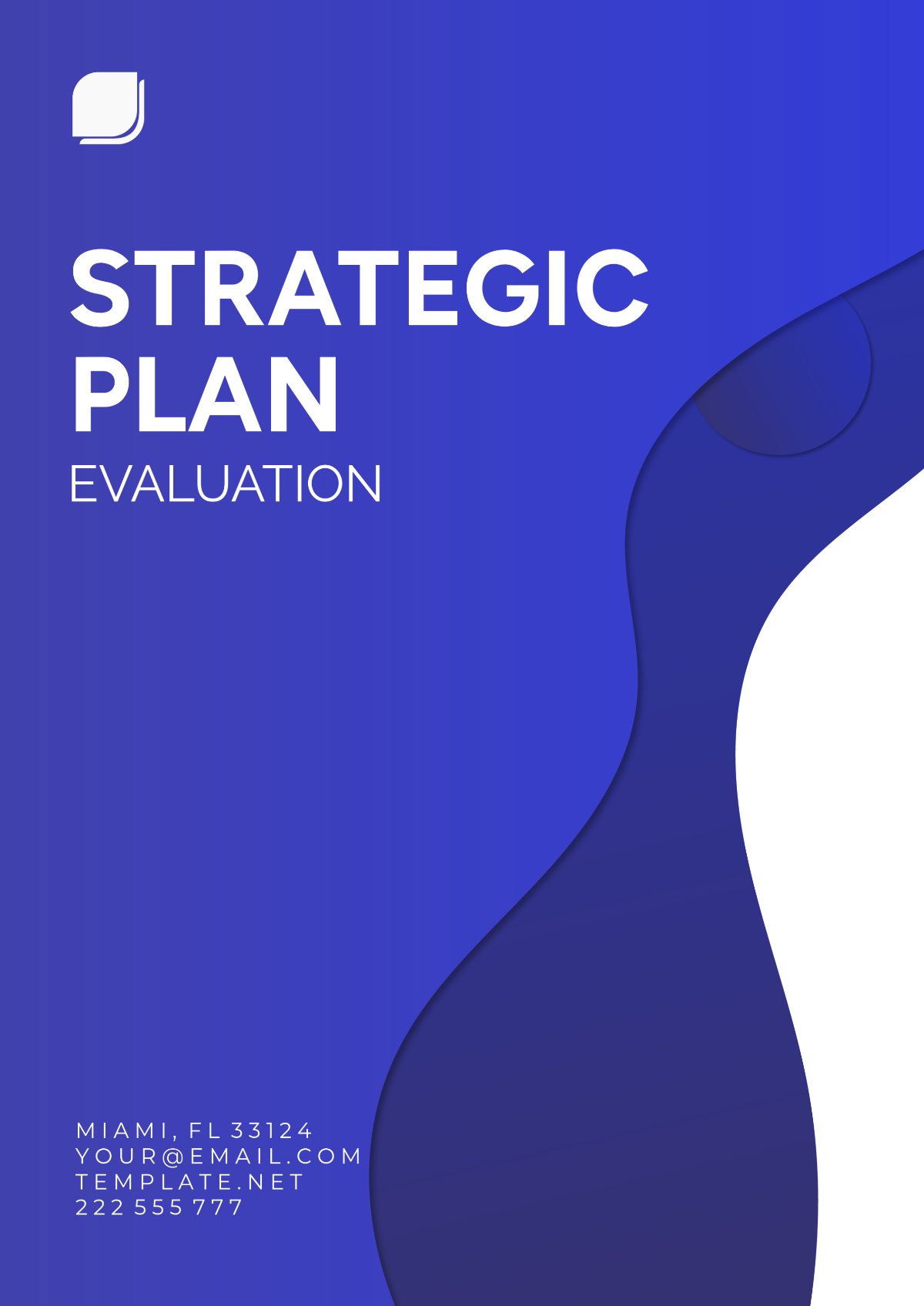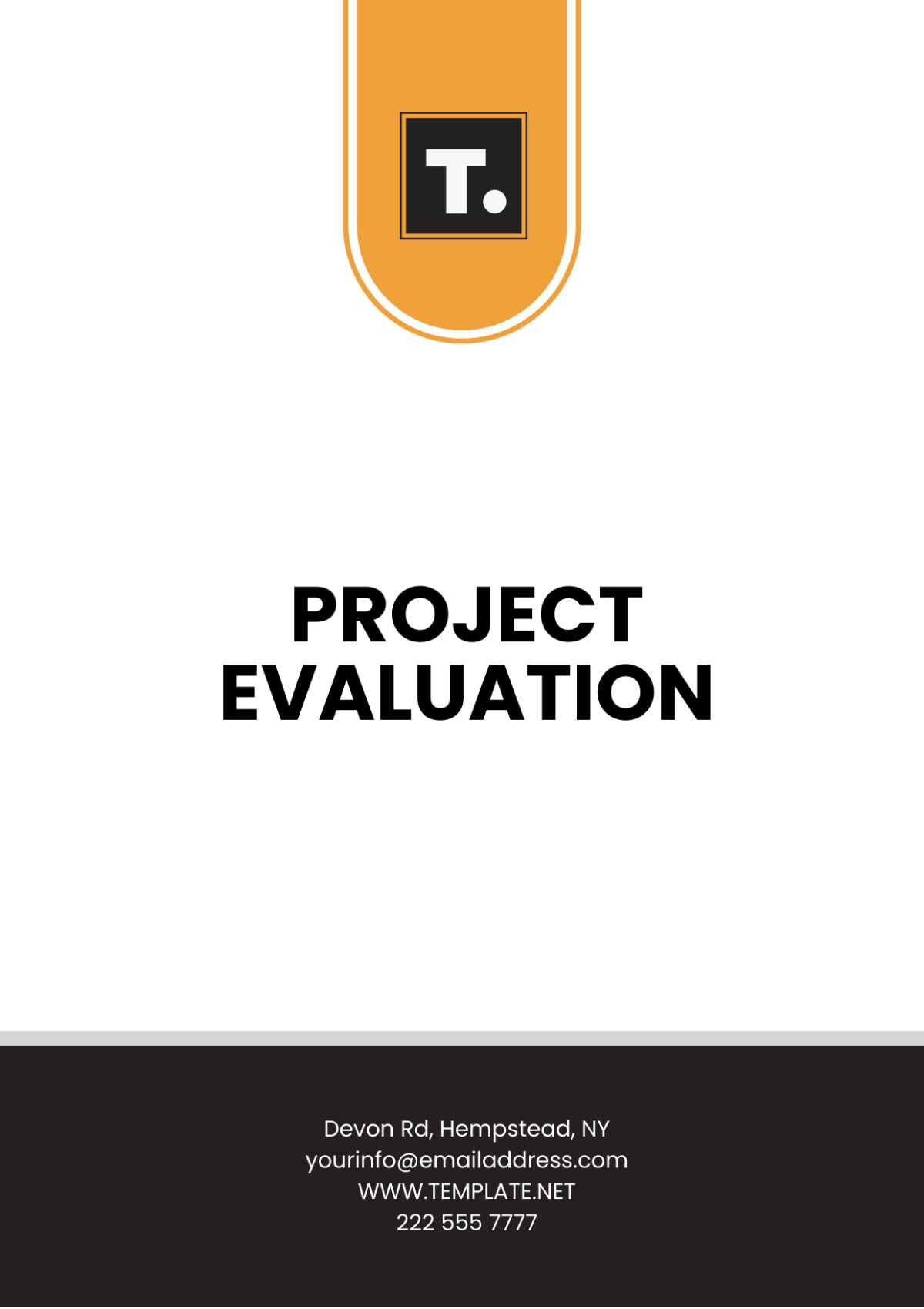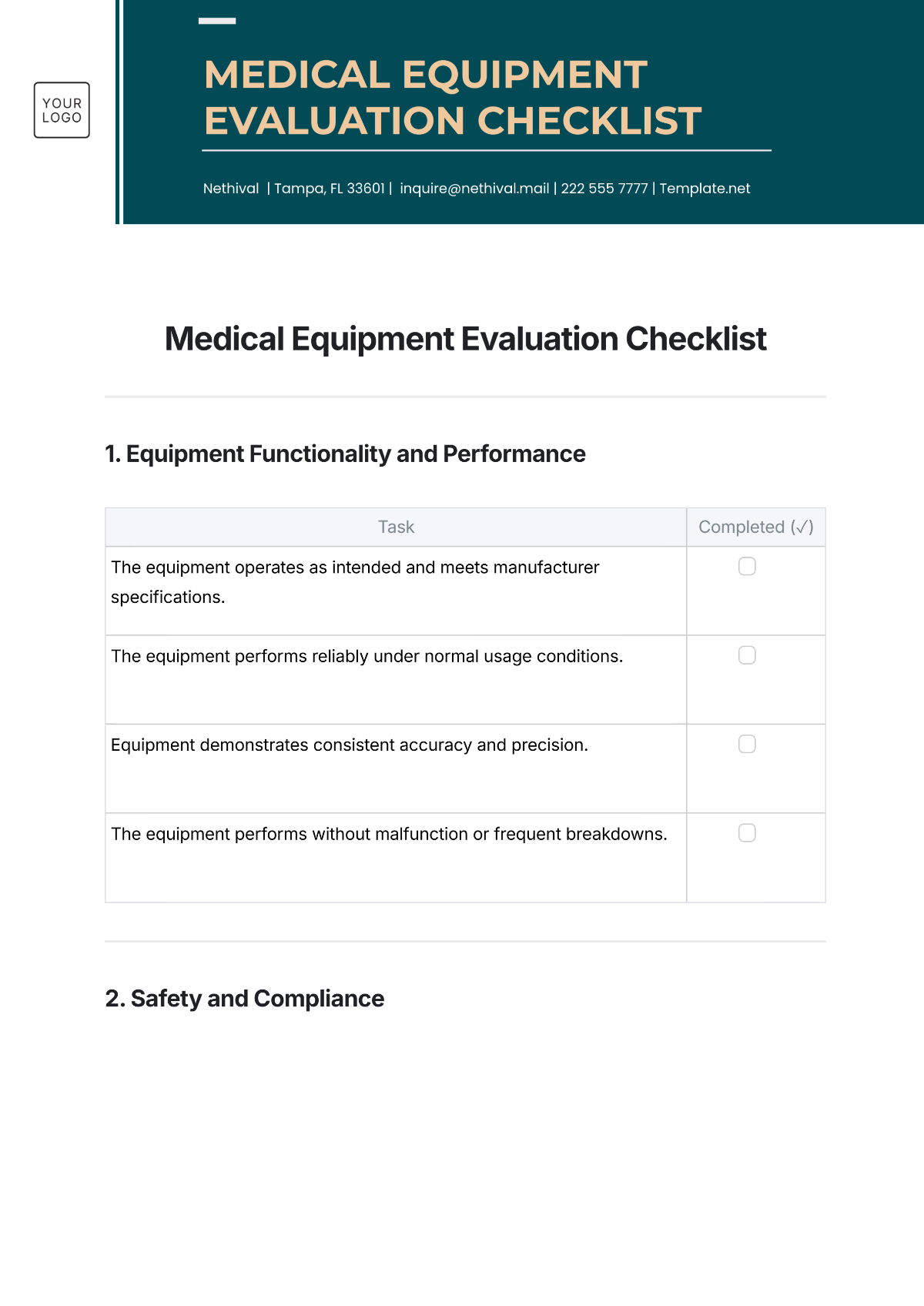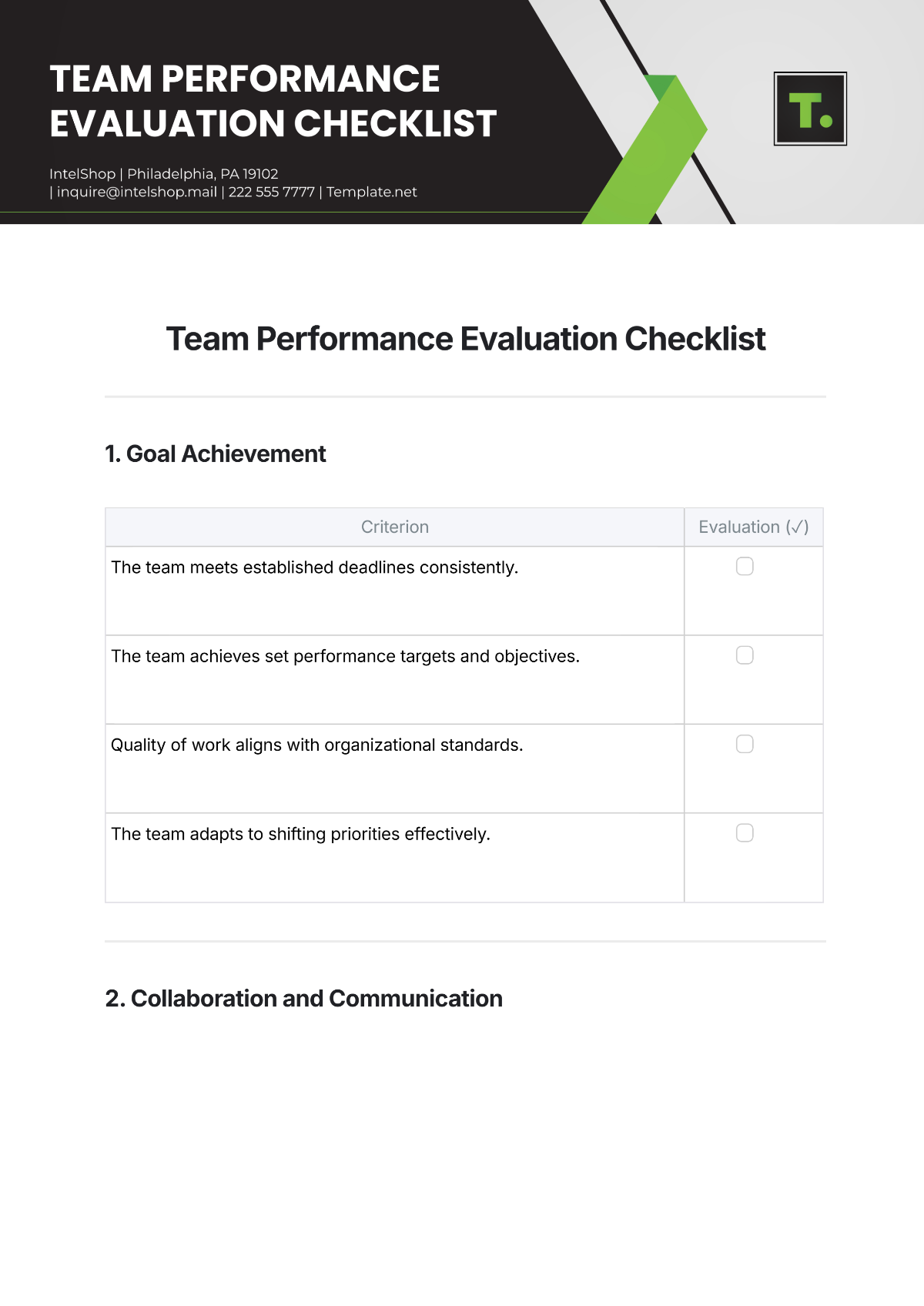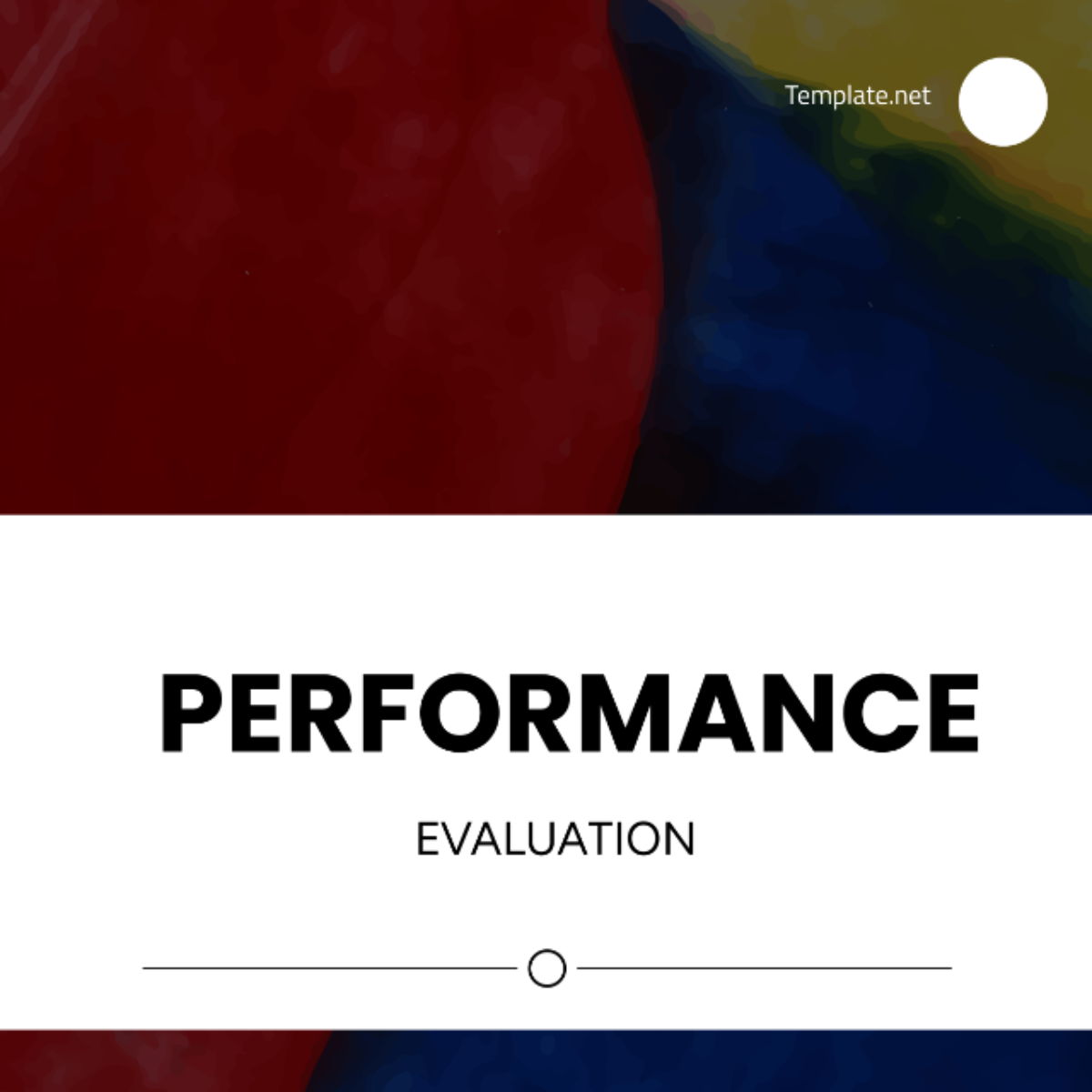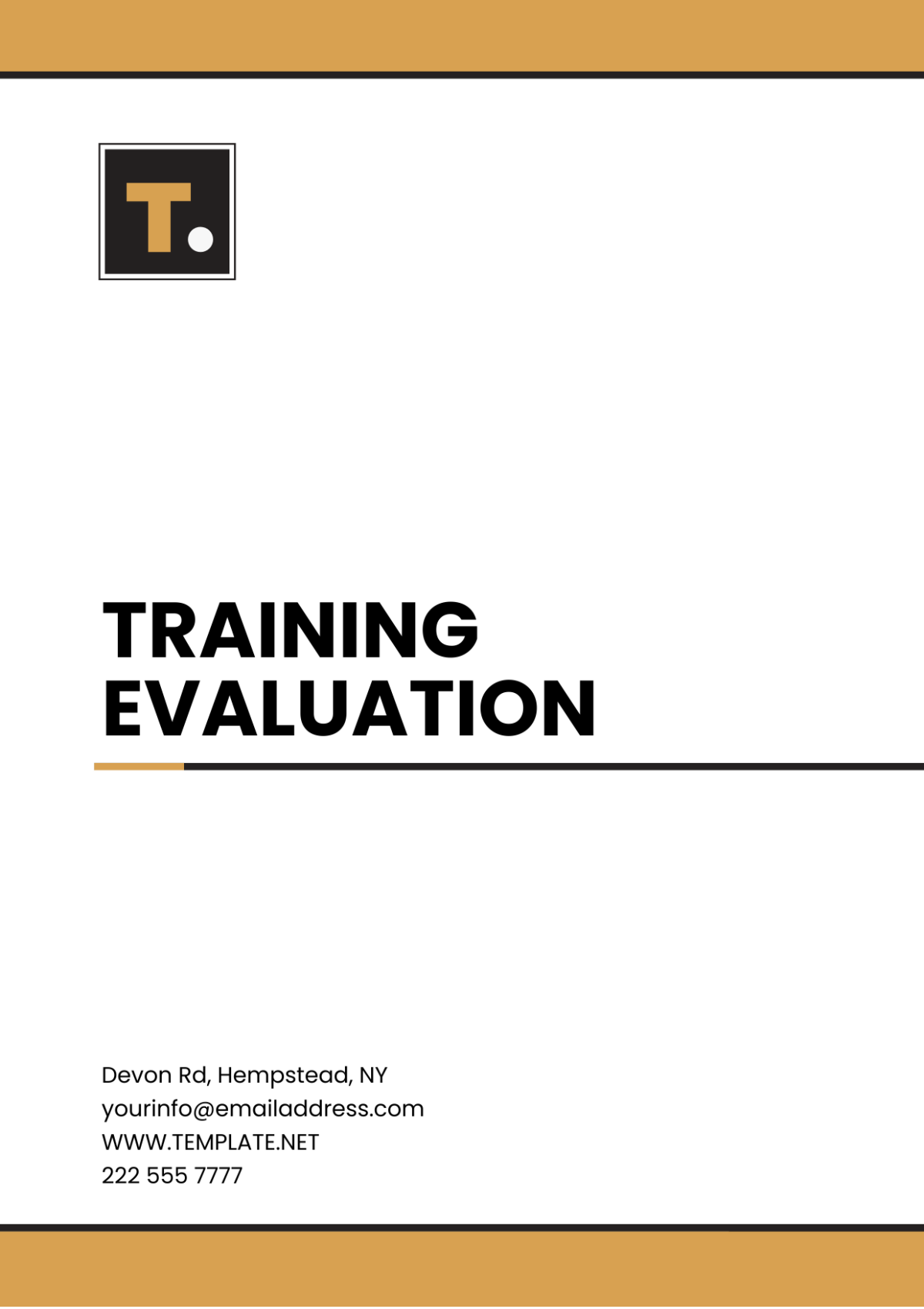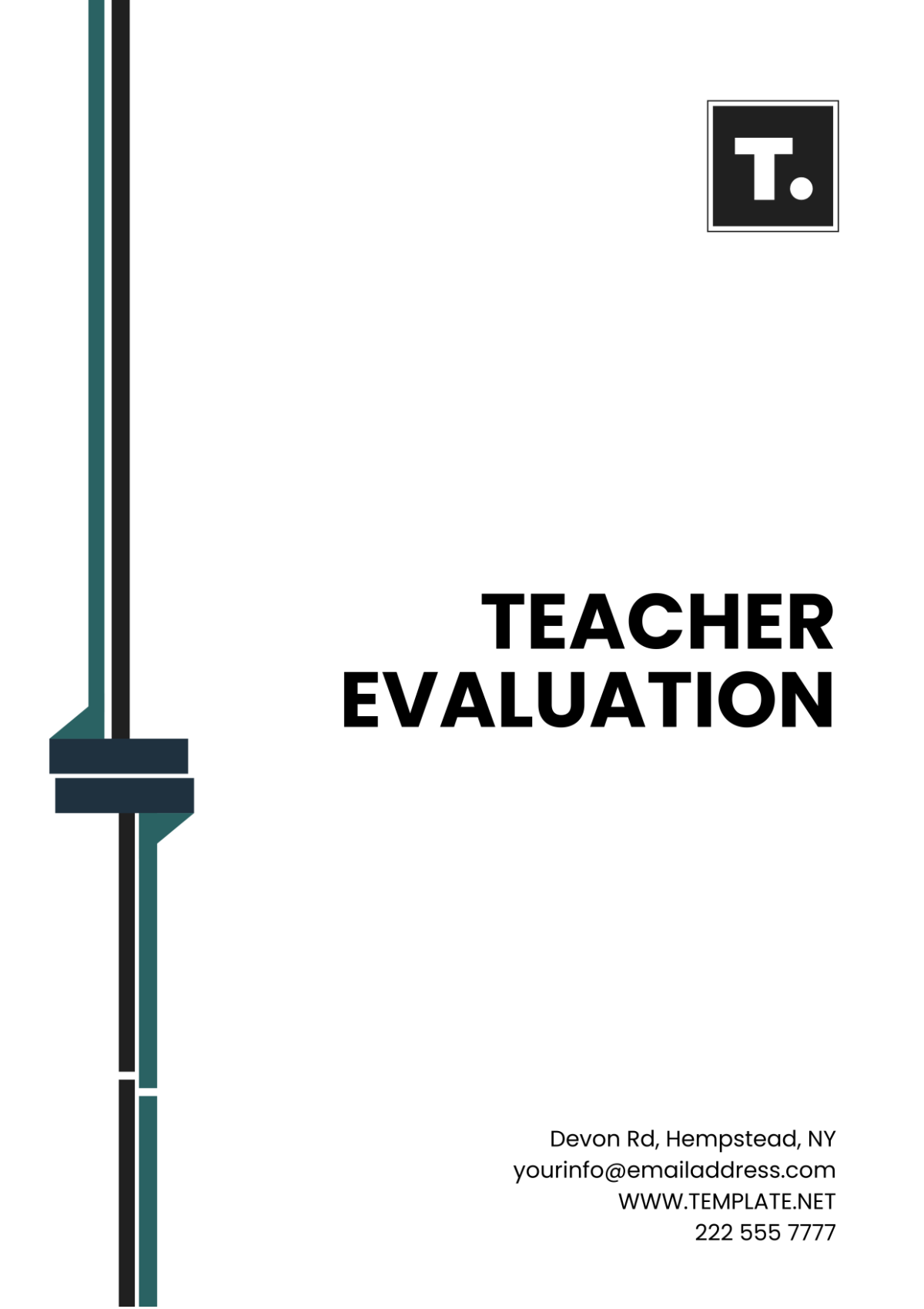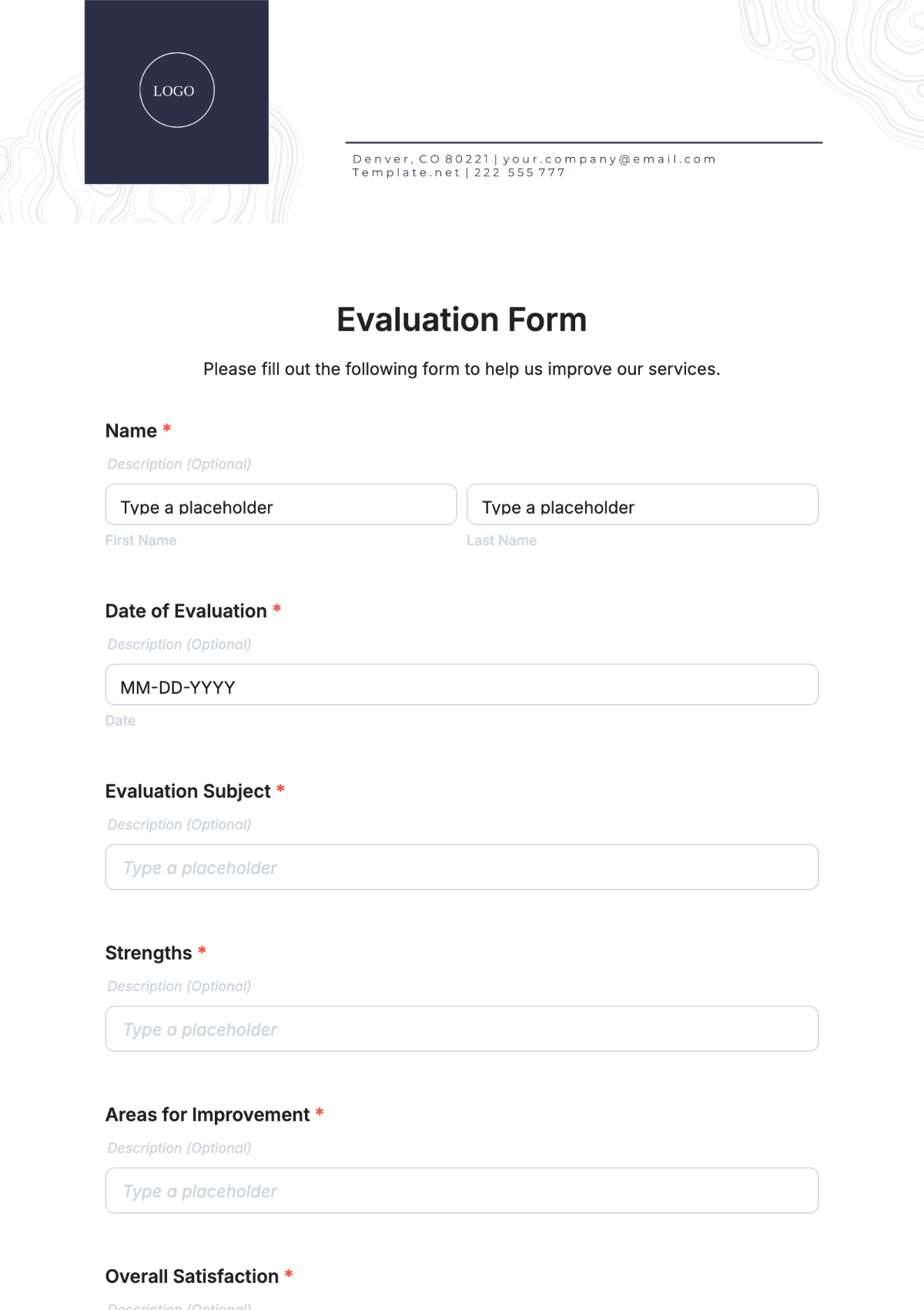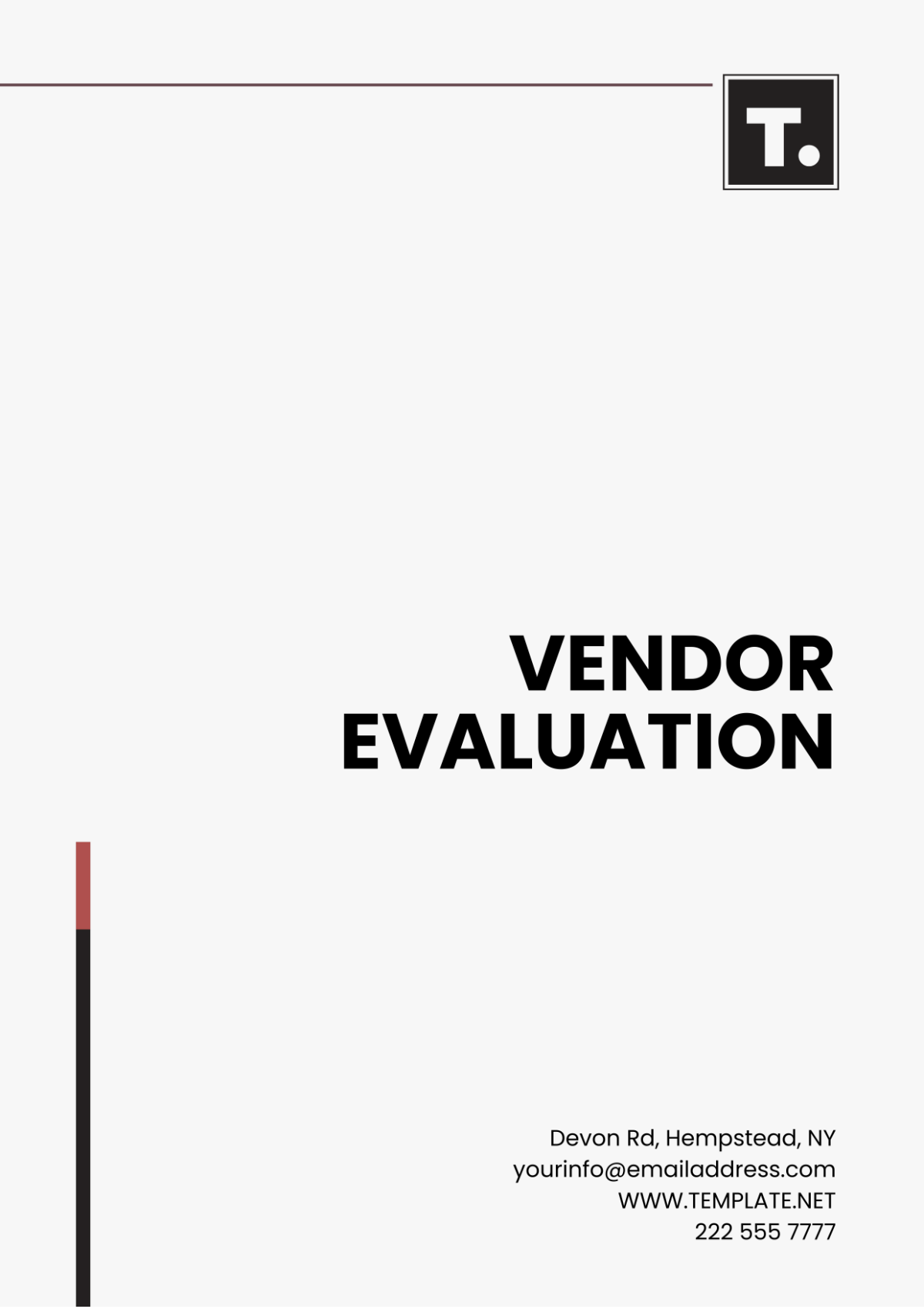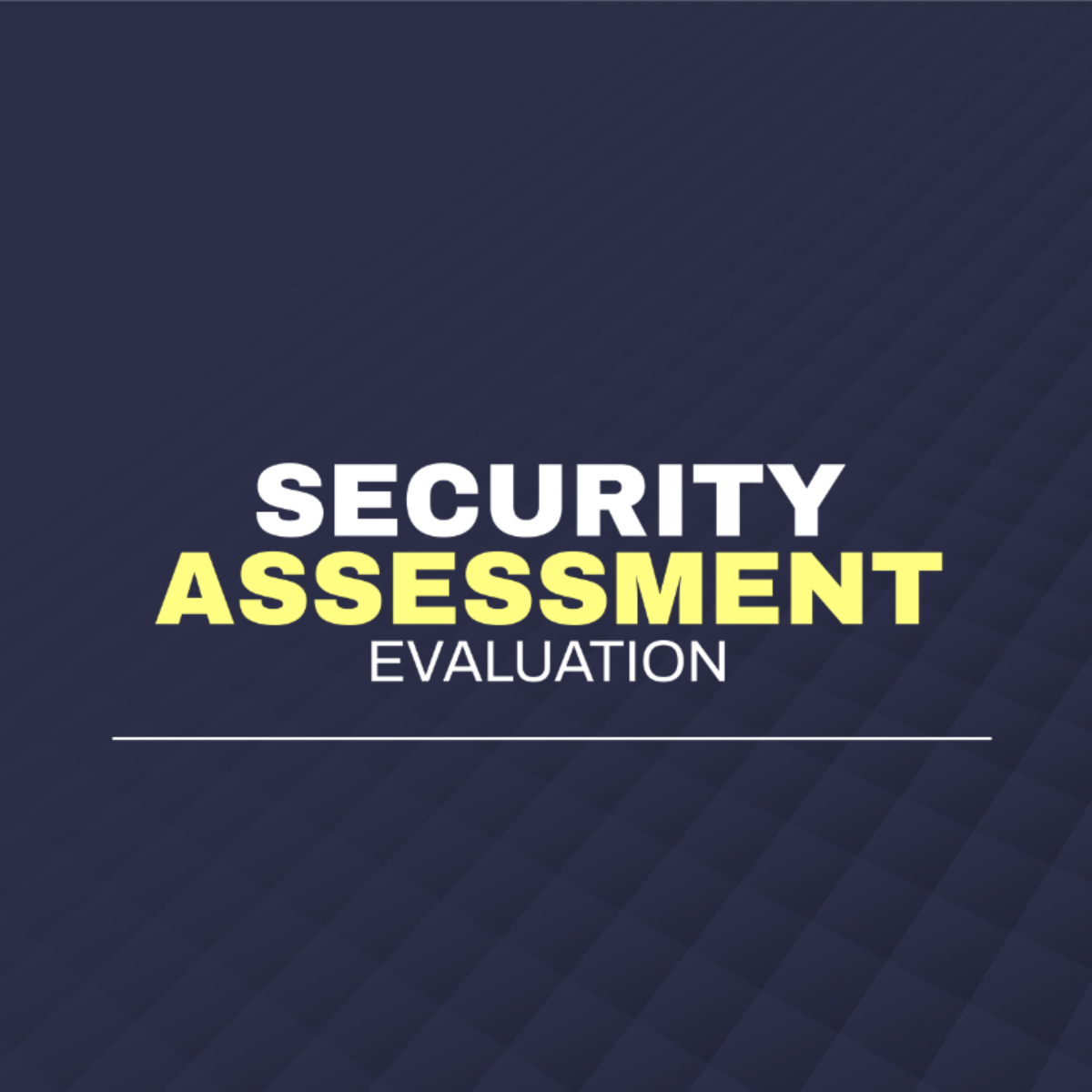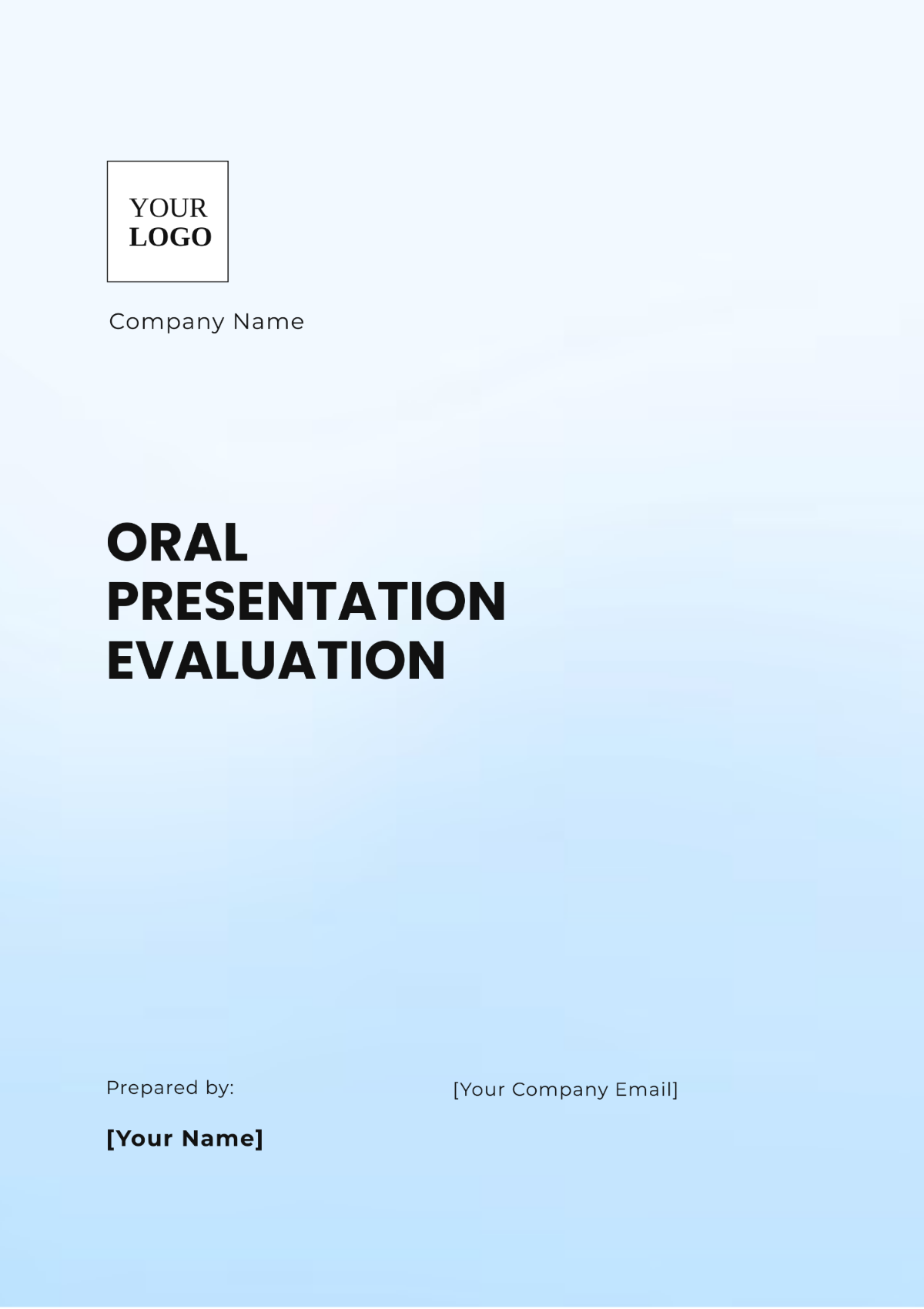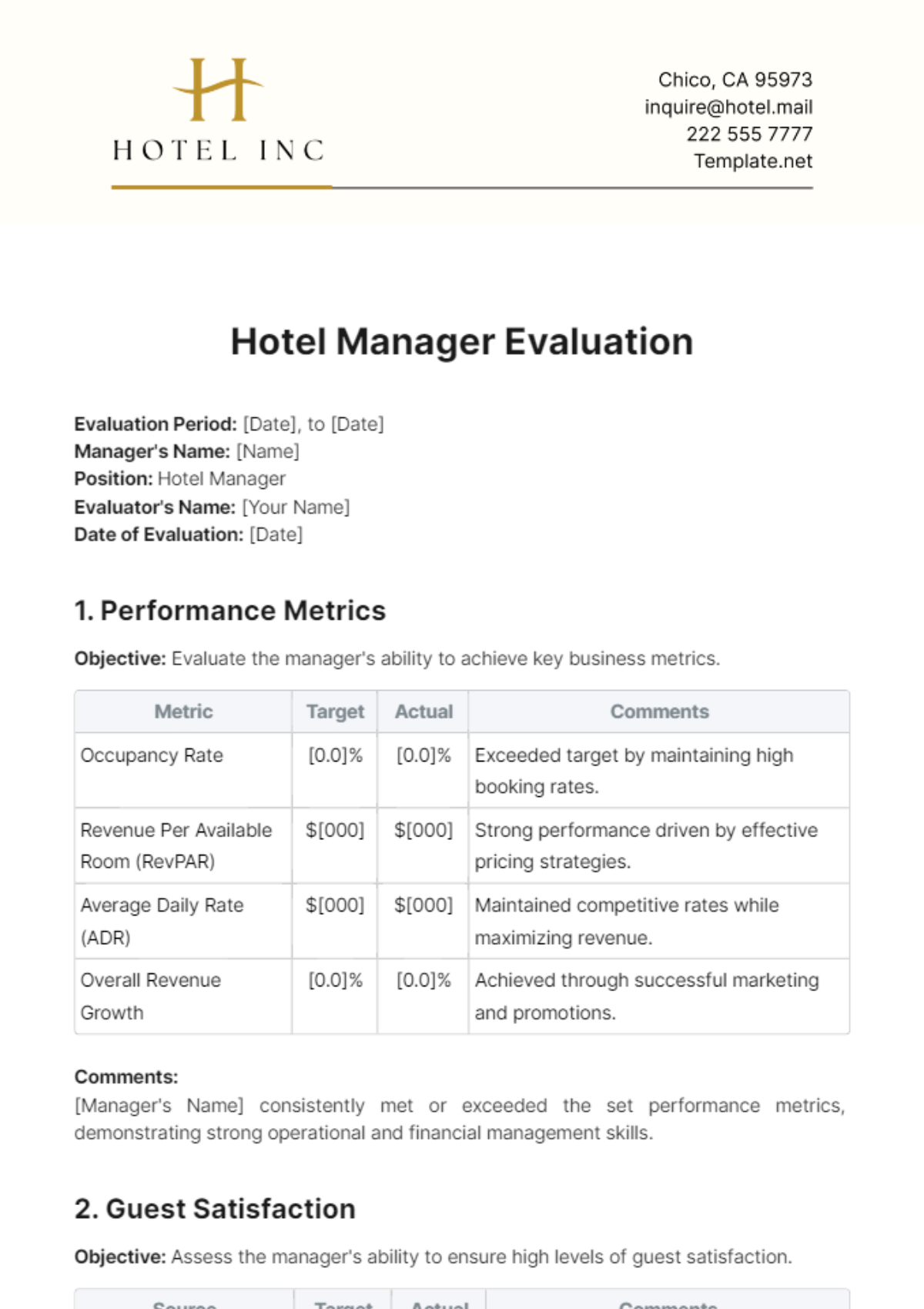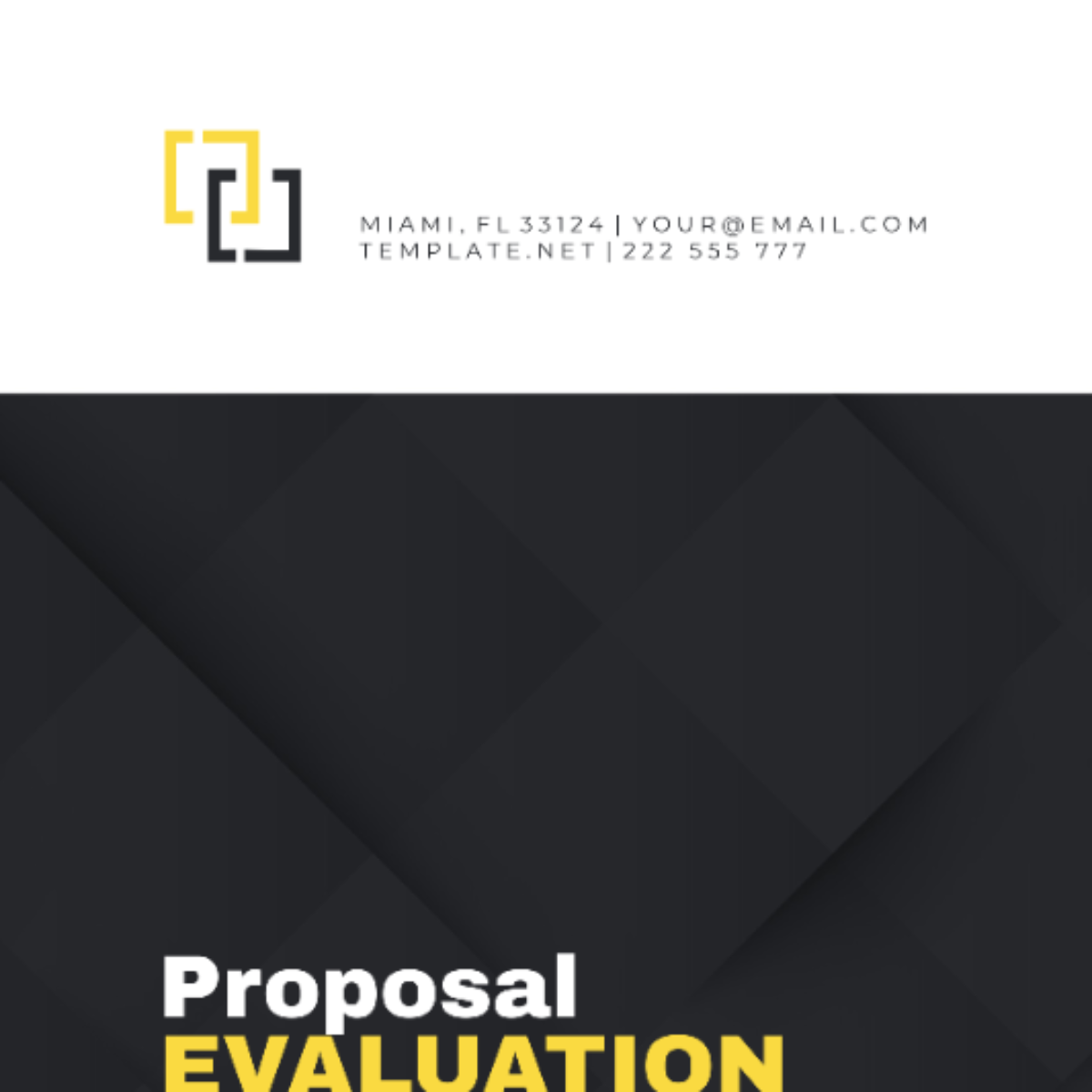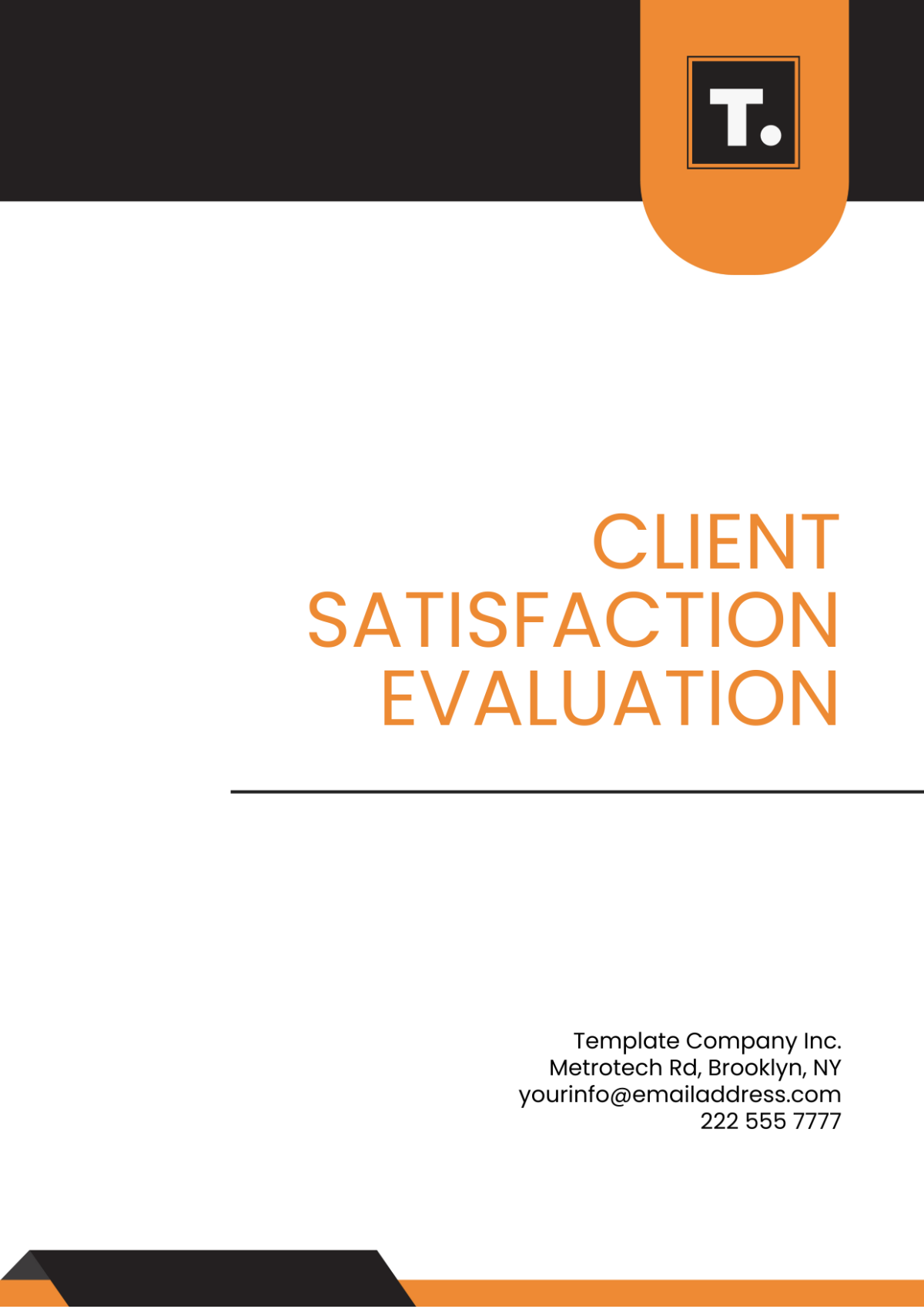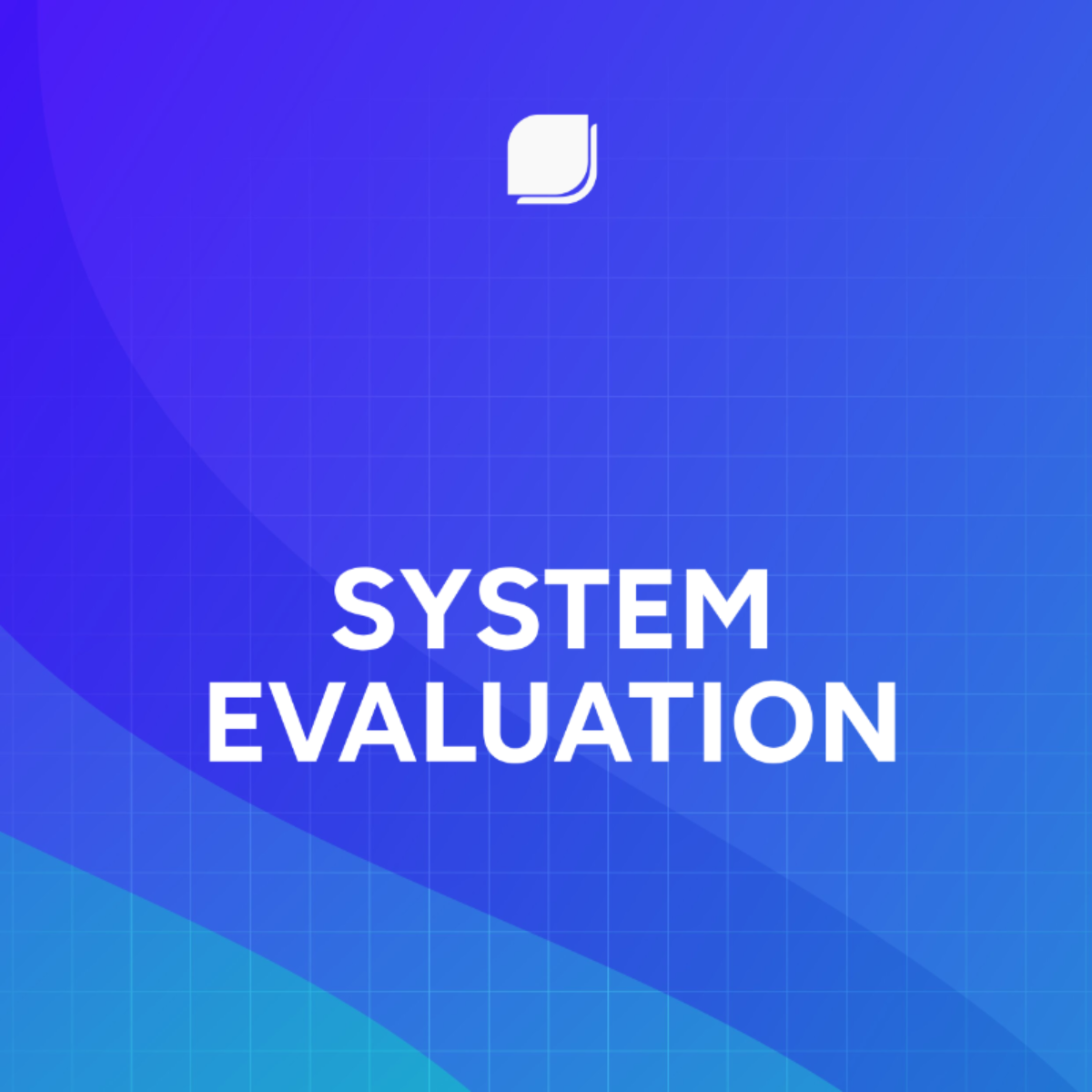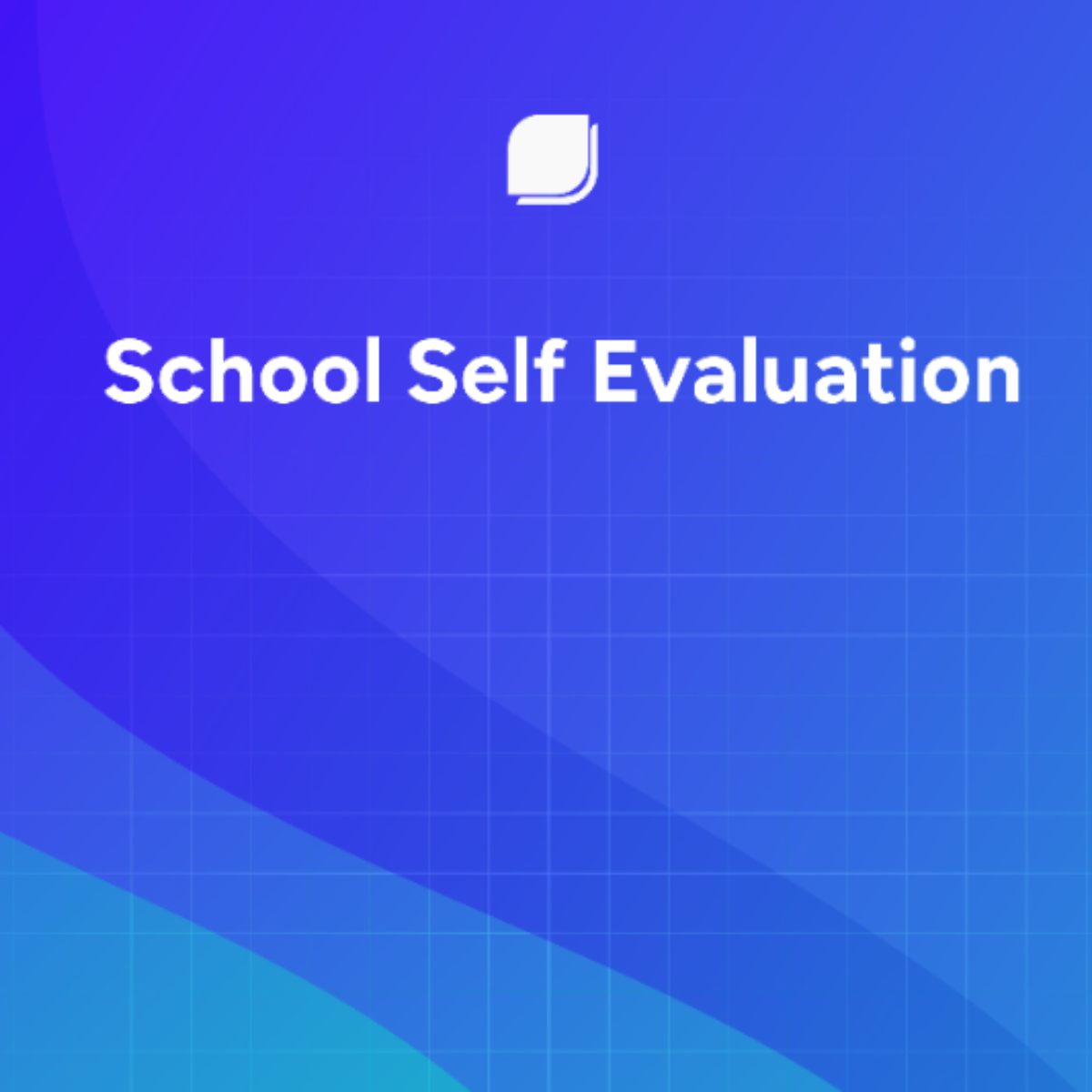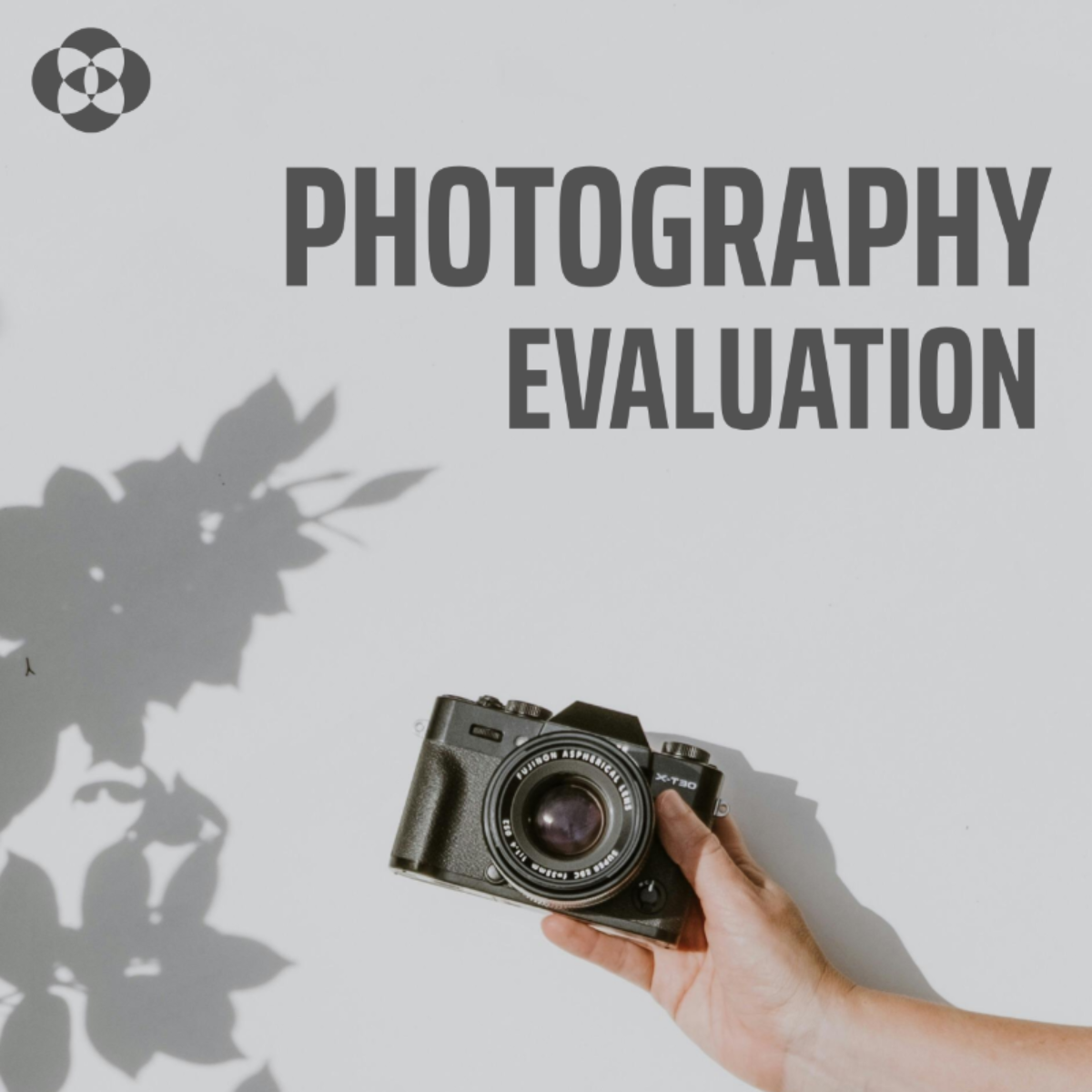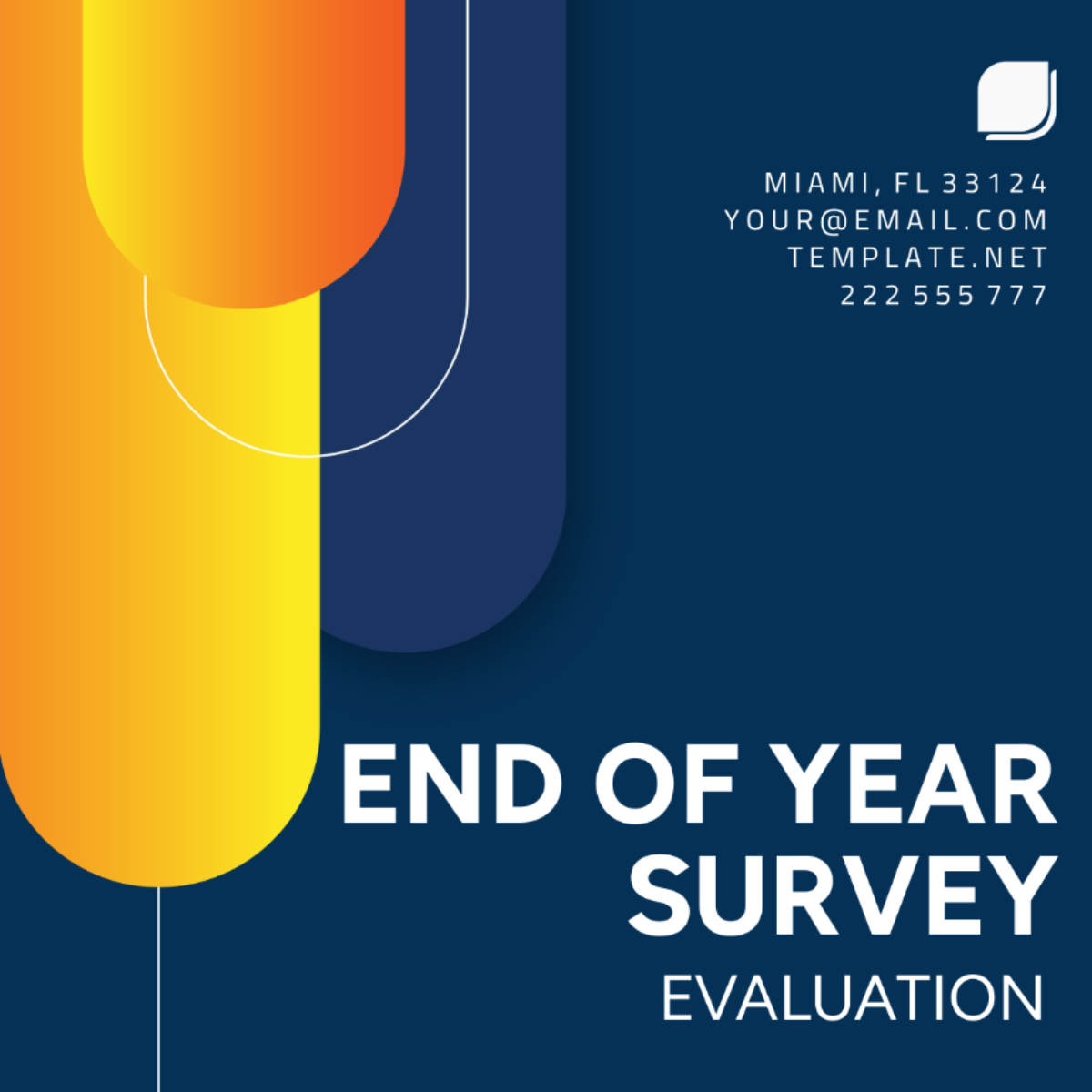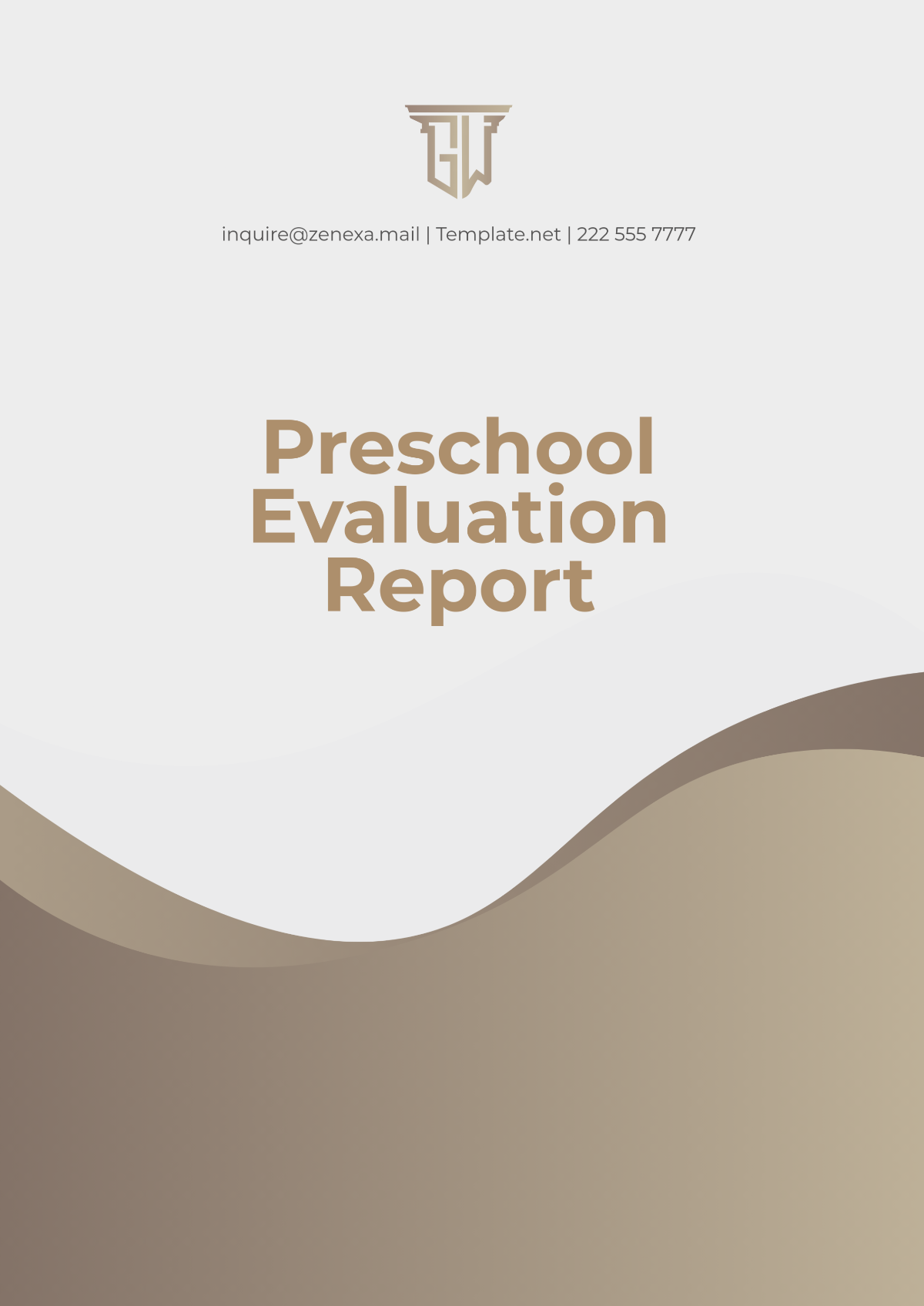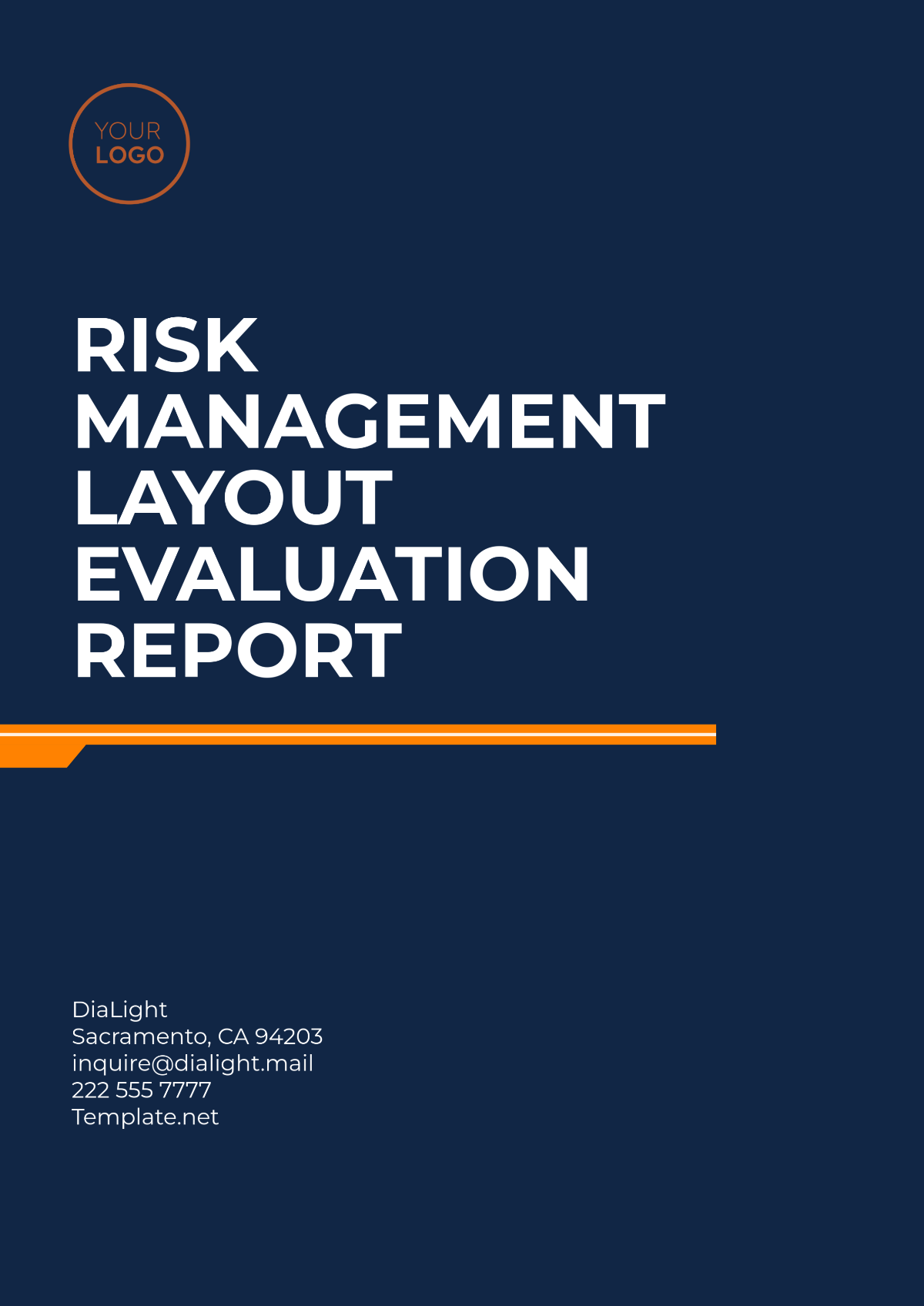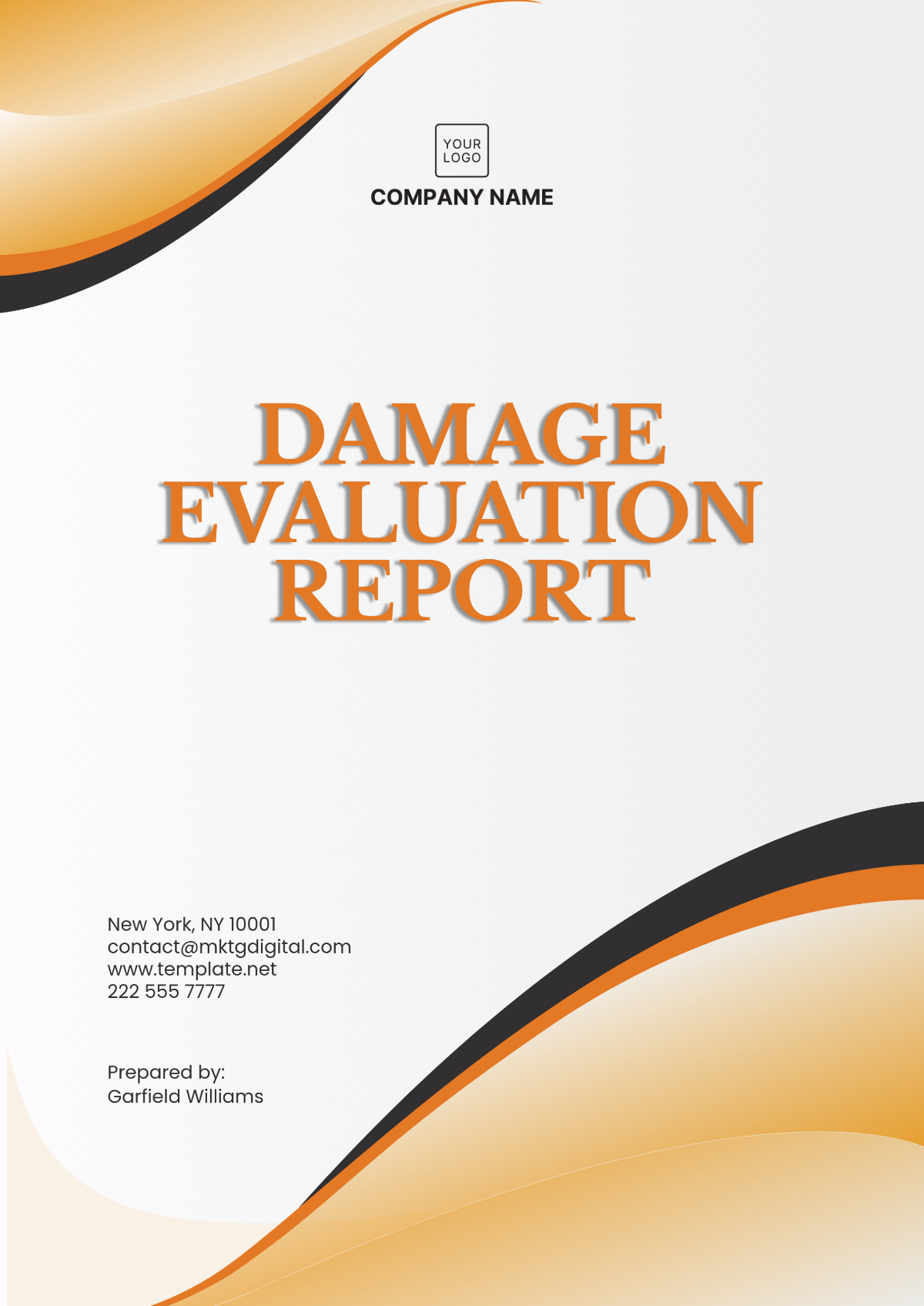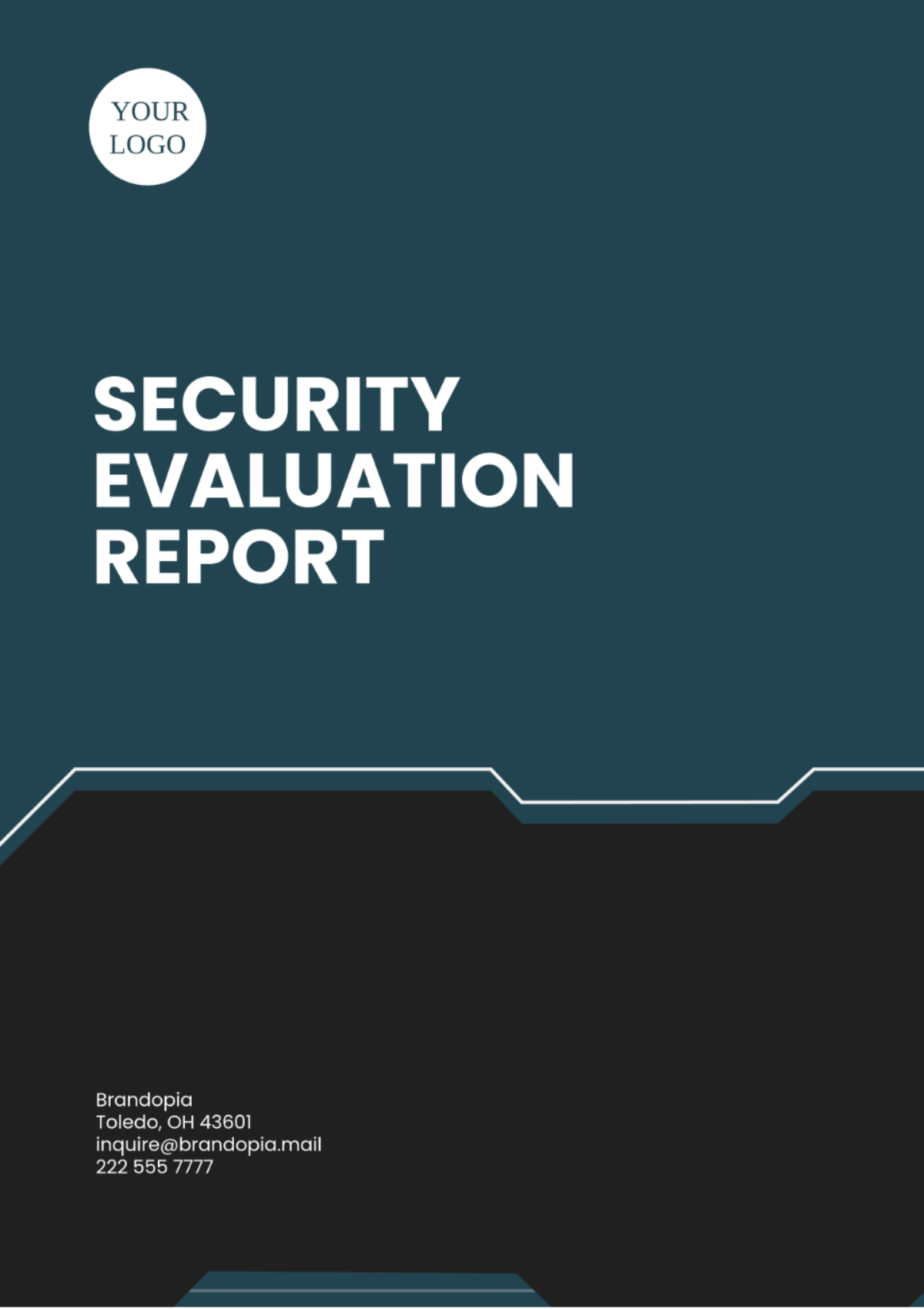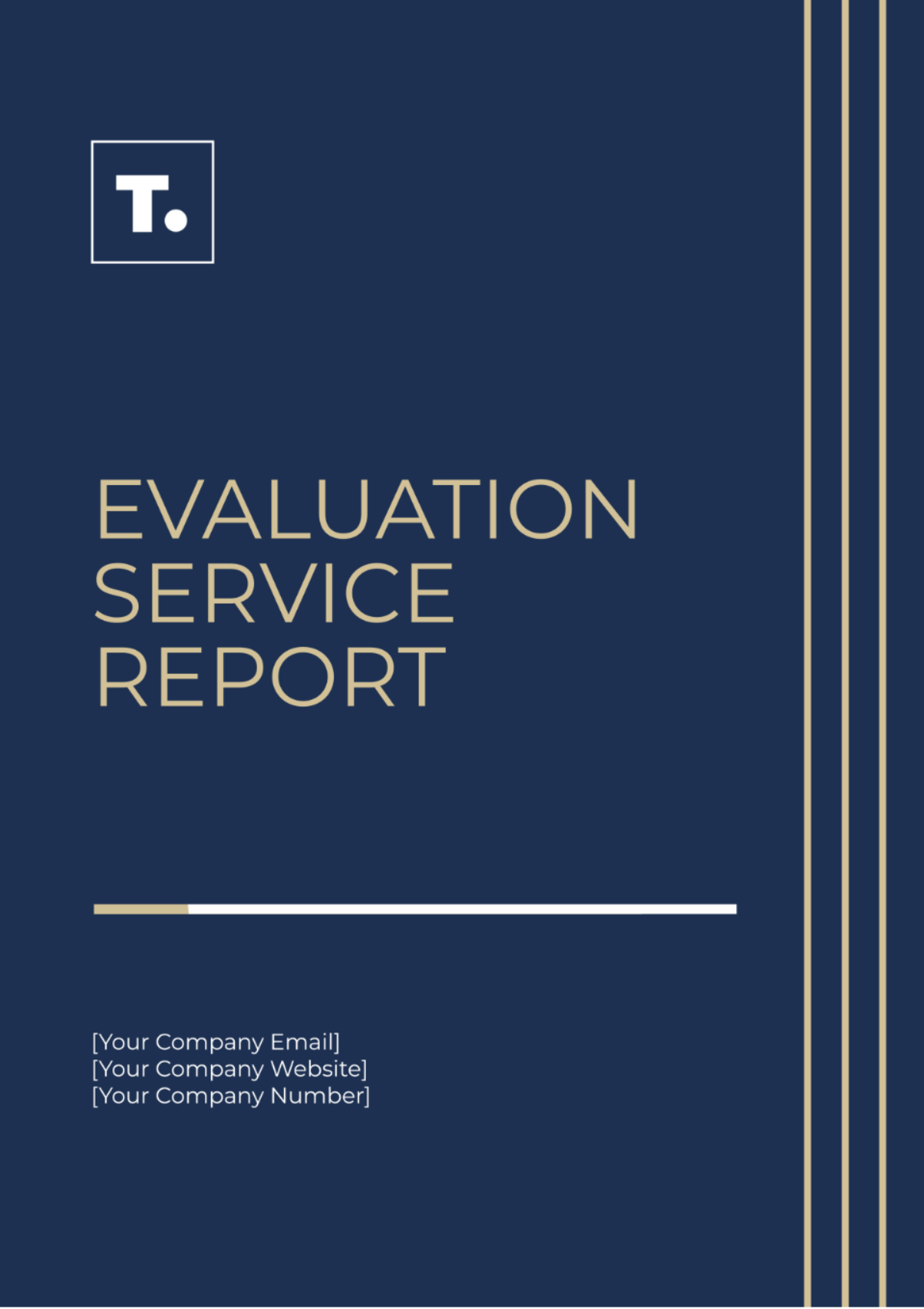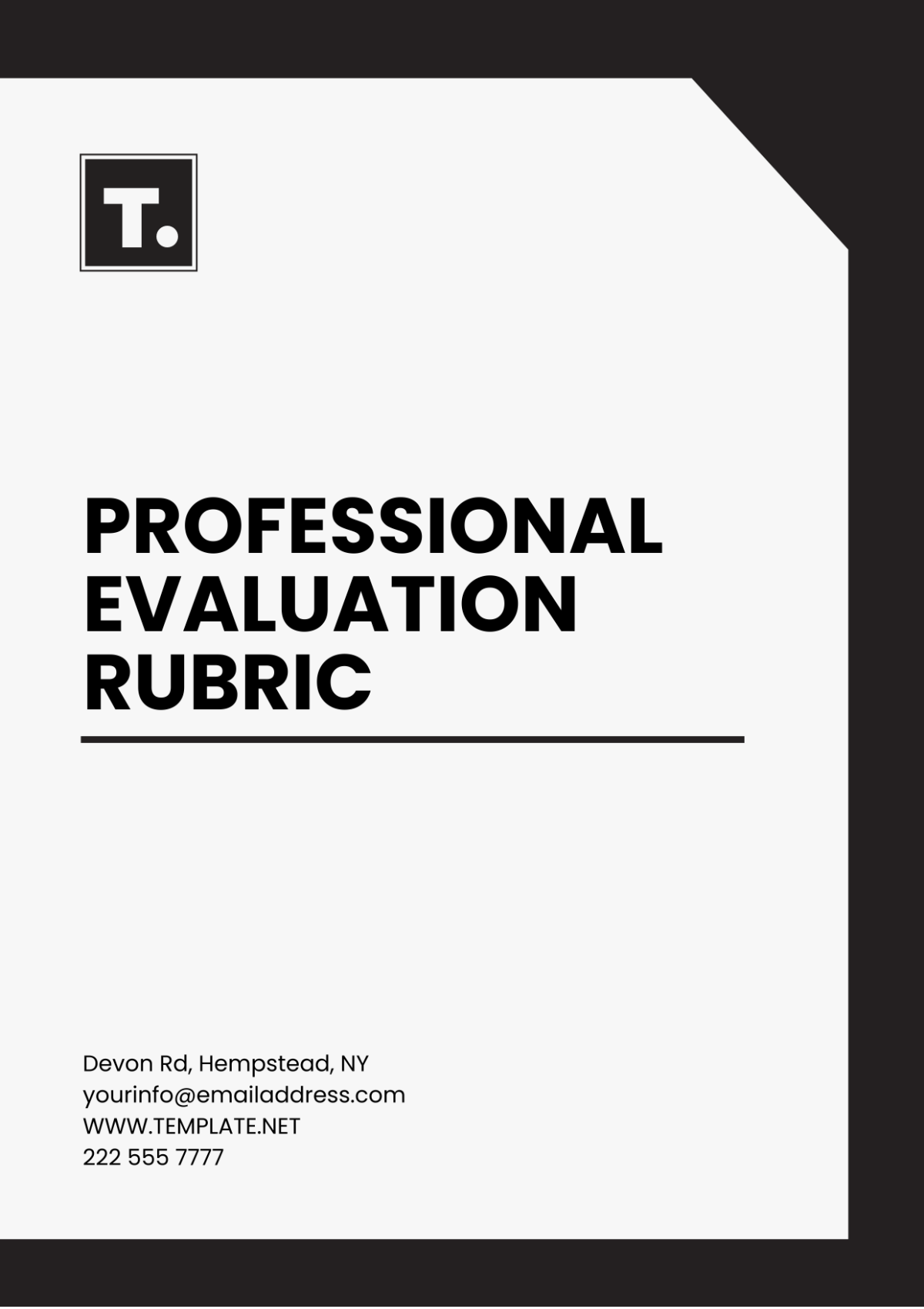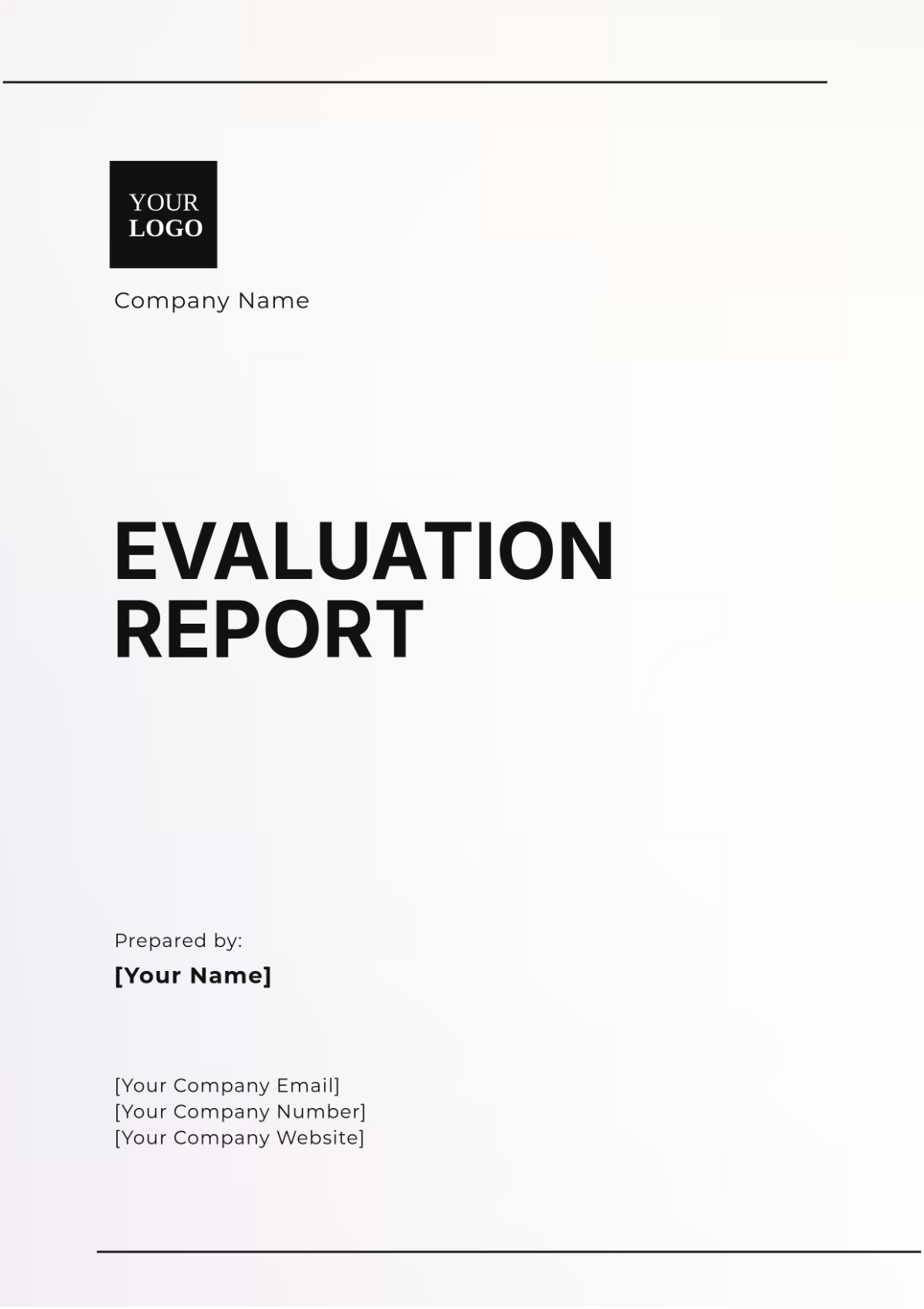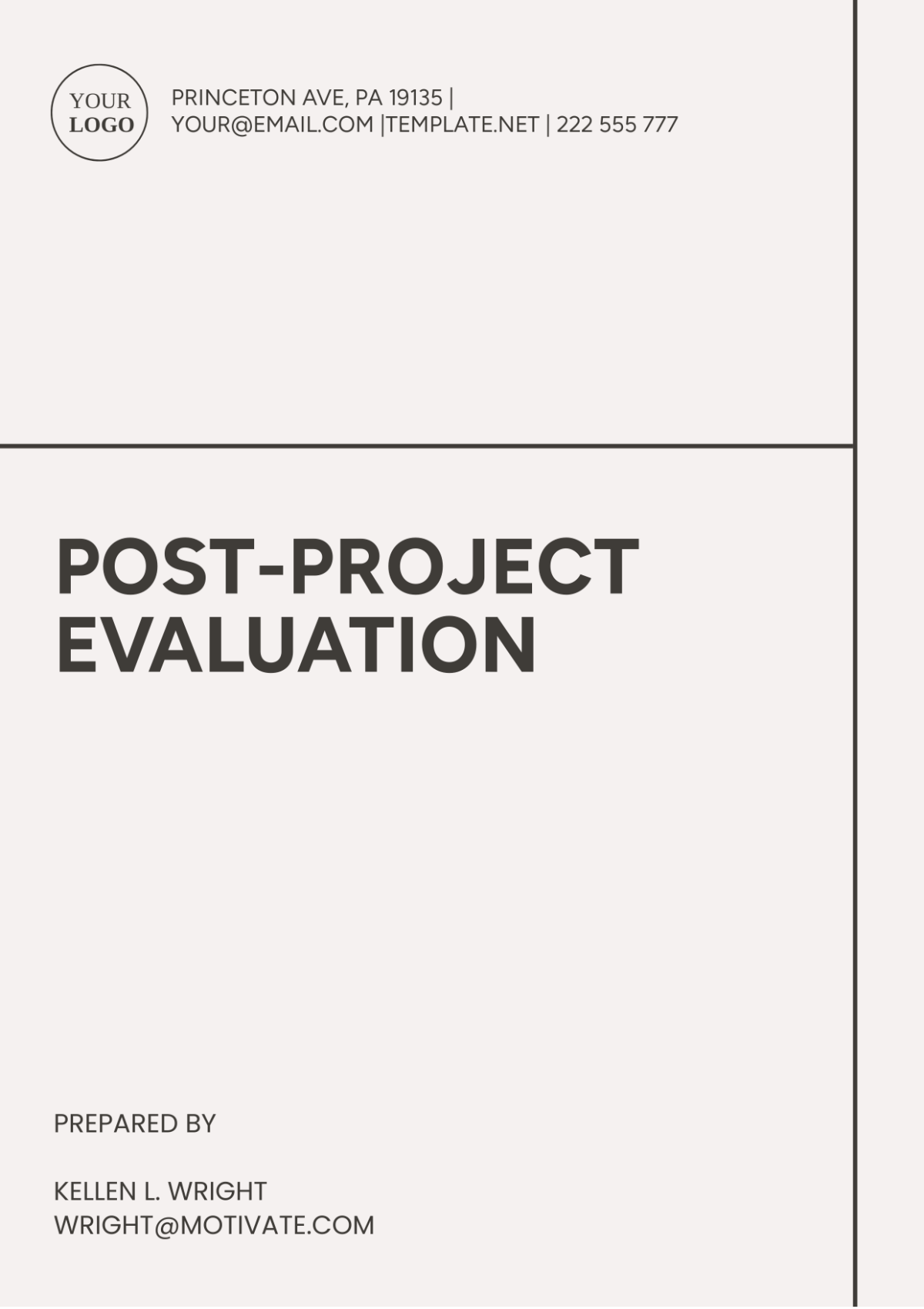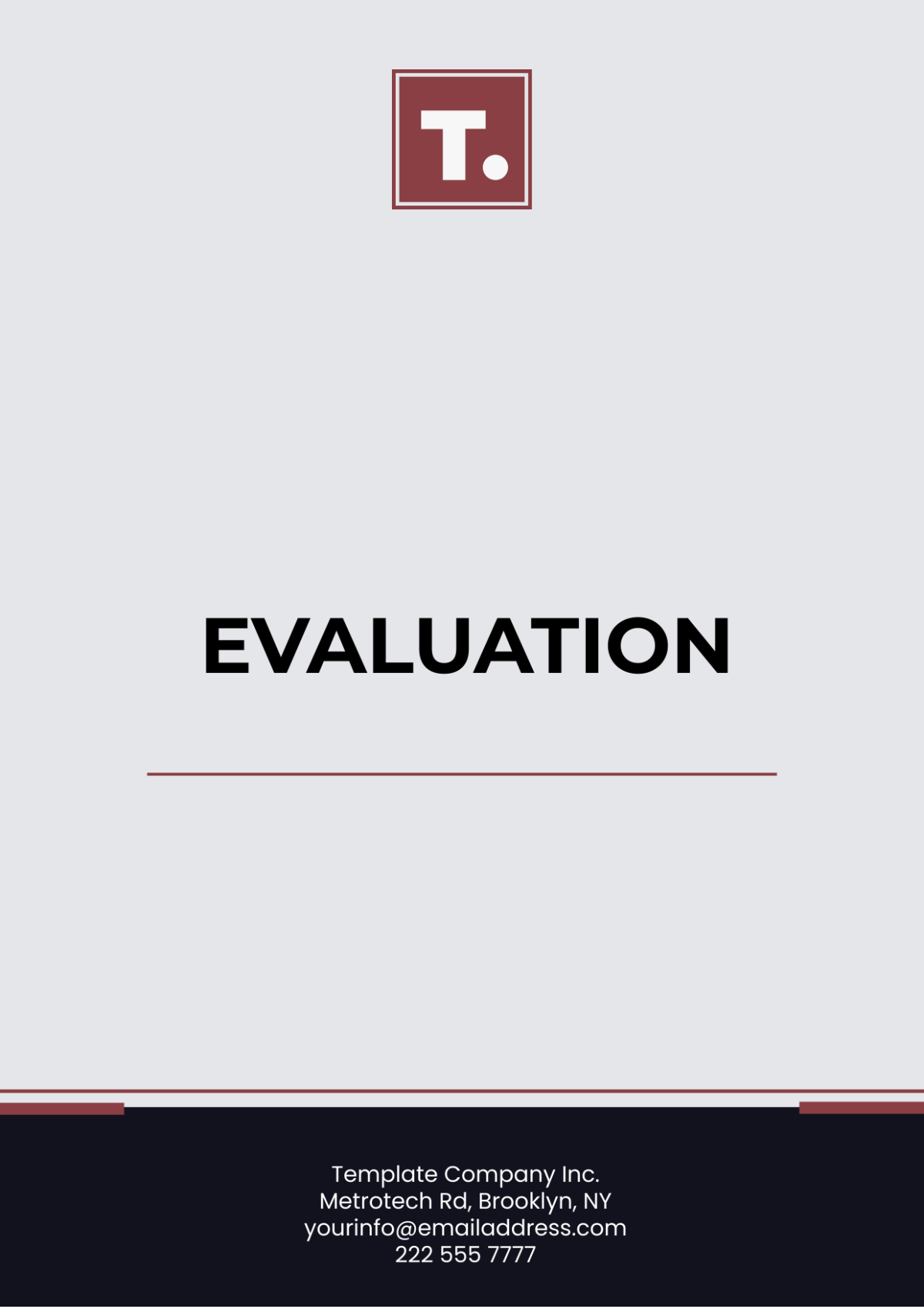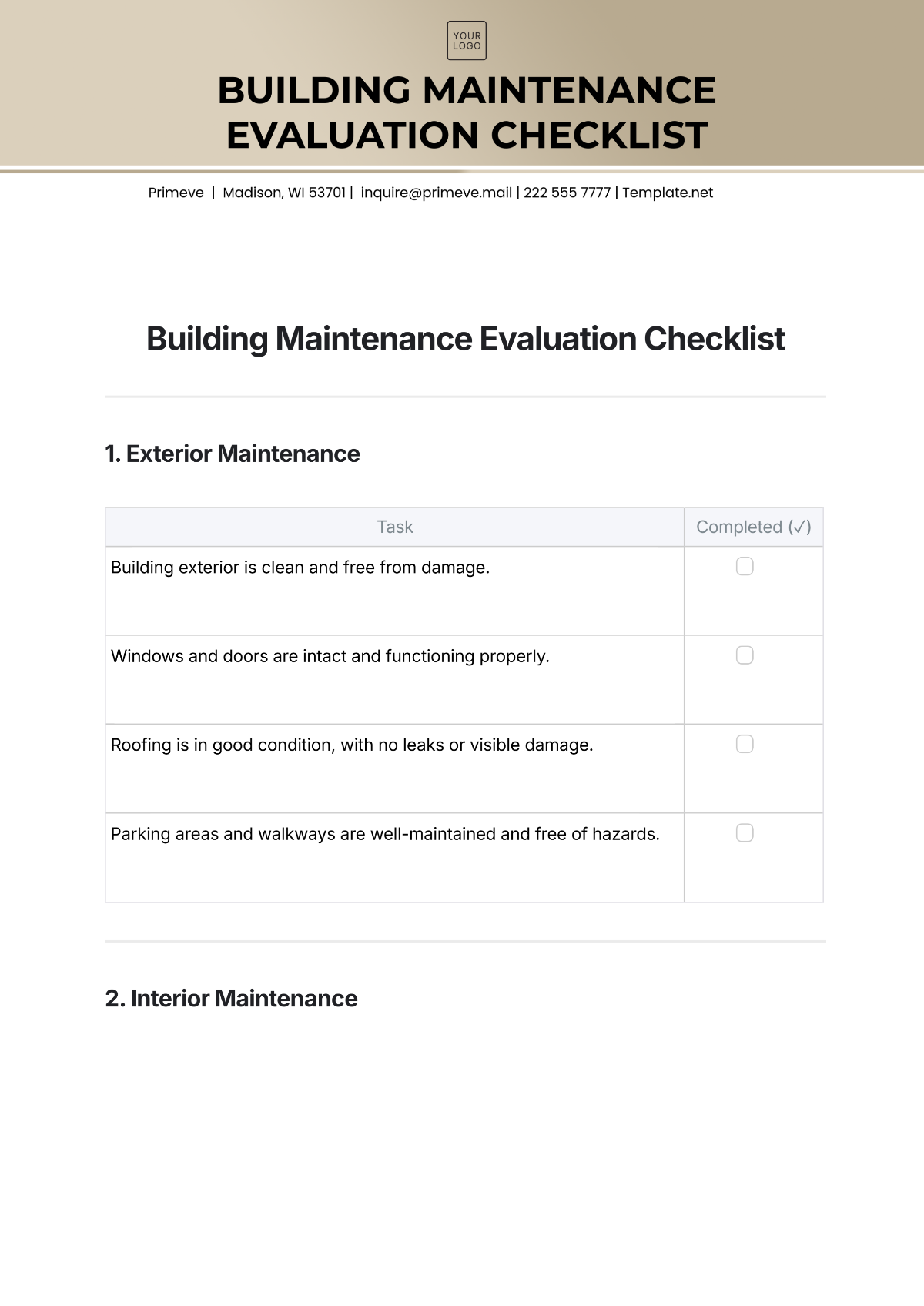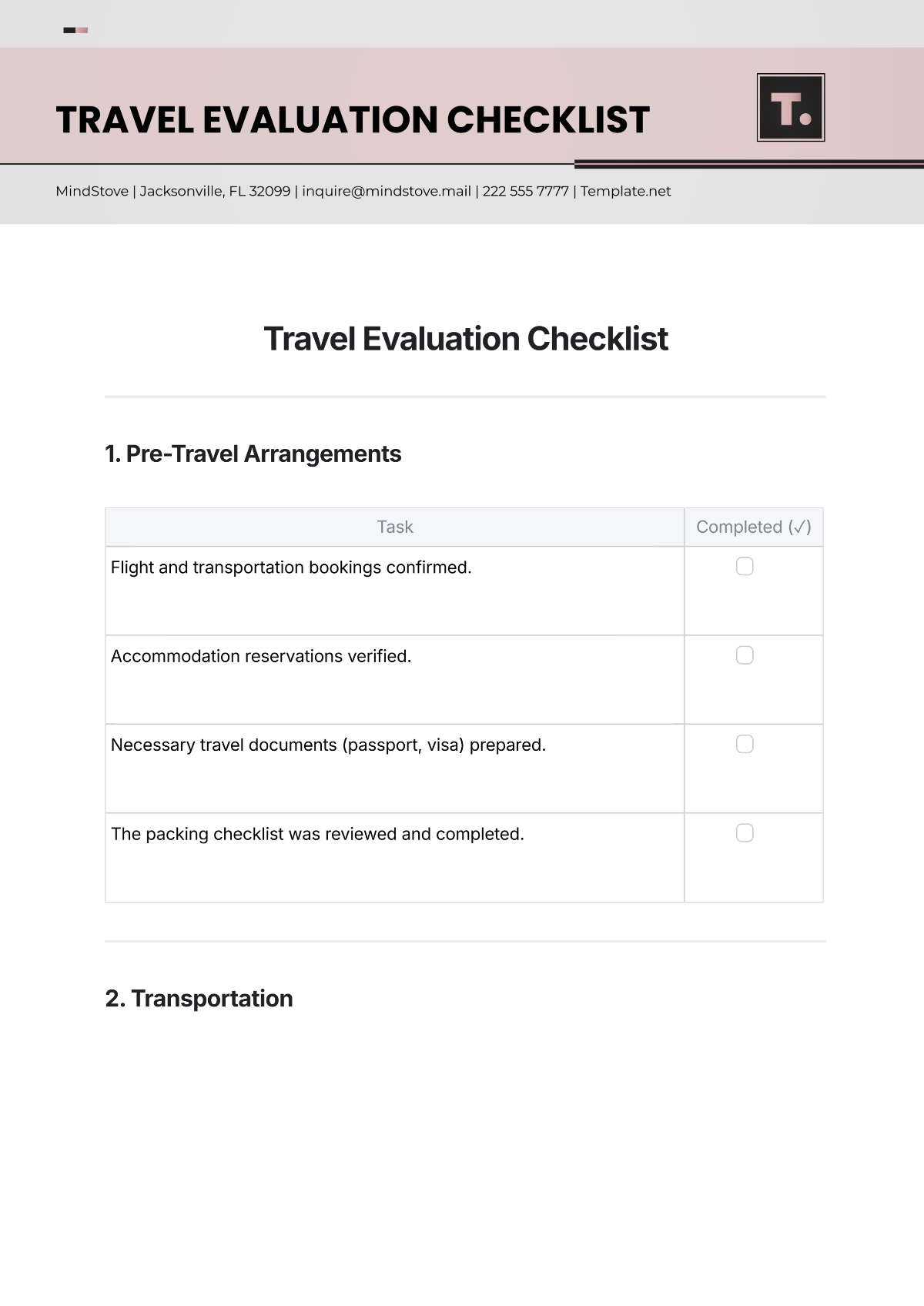Marketing Event Evaluation
Introduction
The purpose of this document is to provide a comprehensive evaluation of the marketing event organized by [Your Company Name]. This evaluation aims to assess the effectiveness, reach, and return on investment (ROI) of the event. The insights gathered will serve as a basis for future event planning and marketing strategies.
Objectives
A. Initial Objectives
The initial objectives for the event were:
To increase brand awareness by 20%.
To generate at least 200 leads.
To achieve a minimum attendee satisfaction rate of 85%.
B. Objective Achievement
All initial objectives were met:
Brand awareness increased by 25%.
A total of 220 leads were generated.
The attendee satisfaction rate was 90%.
C. Key Performance Indicators (KPIs)
KPI | Target | Actual | Variance |
Brand Awareness | 20% | 25% | +5% |
Leads Generated | 200 | 220 | +20 |
Attendee Satisfaction | 85% | 90% | +5% |
This chart shows the actual values achieved for each KPI against the targets. The KPIs are Brand Awareness, Leads Generated, and Attendee Satisfaction. As seen, all KPIs exceeded their respective targets.
Event Overview
The event was held on September 15, 2050, at [Venue]. It was a one-day event featuring keynote speakers, workshops, and networking sessions. The event attracted a diverse audience, including industry professionals, students, and potential clients.
A. Event Timeline
9:00 AM: Registration
10:00 AM: Opening Remarks
10:30 AM: Keynote Speaker 1
11:30 AM: Networking Session
12:00 PM: Lunch
1:00 PM: Workshops
3:00 PM: Keynote Speaker 2
4:00 PM: Closing Remarks
Attendee Analysis
A. Demographics
The event was attended by 500 individuals. The demographic breakdown is as follows:
Age Group: 25-35 (60%), 36-45 (25%), 46-55 (10%), 56+ (5%)
Gender: Male (55%), Female (40%), Non-Binary (5%)
Occupation: Professionals (70%), Students (20%), Others (10%)
B. Geographic Reach
The attendees came from various regions:
Local: 60%
Regional: 25%
International: 15%
Financial Analysis
A. Budget and Expenditure
The initial budget for the event was $50,000. The actual expenditure was $48,000, resulting in a saving of $2,000.
B. Revenue Generated
The event generated a revenue of $60,000 through ticket sales, sponsorships, and merchandise.
Marketing and Promotion
A. Channels Used
The event was promoted through various channels:
Social Media: 40%
Email Marketing: 30%
Print Media: 20%
Others: 10%
A. Effectiveness
The most effective channel for promotion was social media, contributing to 60% of the ticket sales.
Feedback and Surveys
A. Attendee Feedback
The overall feedback from attendees was positive. The average rating for the event was 4.5 out of 5.
B. Survey Results
A post-event survey was conducted, and the results are as follows:
90% of attendees found the event informative.
85% would recommend the event to others.
80% are likely to attend future events.
Lessons Learned
Early bird promotions were highly effective in driving ticket sales.
The choice of keynote speakers was well-received.
More interactive sessions could be included in future events.
Recommendations
Increase the budget for social media advertising.
Consider hosting the event in a larger venue to accommodate more attendees.
Introduce more interactive sessions like panel discussions and Q&A.
Prepared by:
[Your Name]
[Your Position]
[Your Company Name]
Marketing Templates @ Template.net
